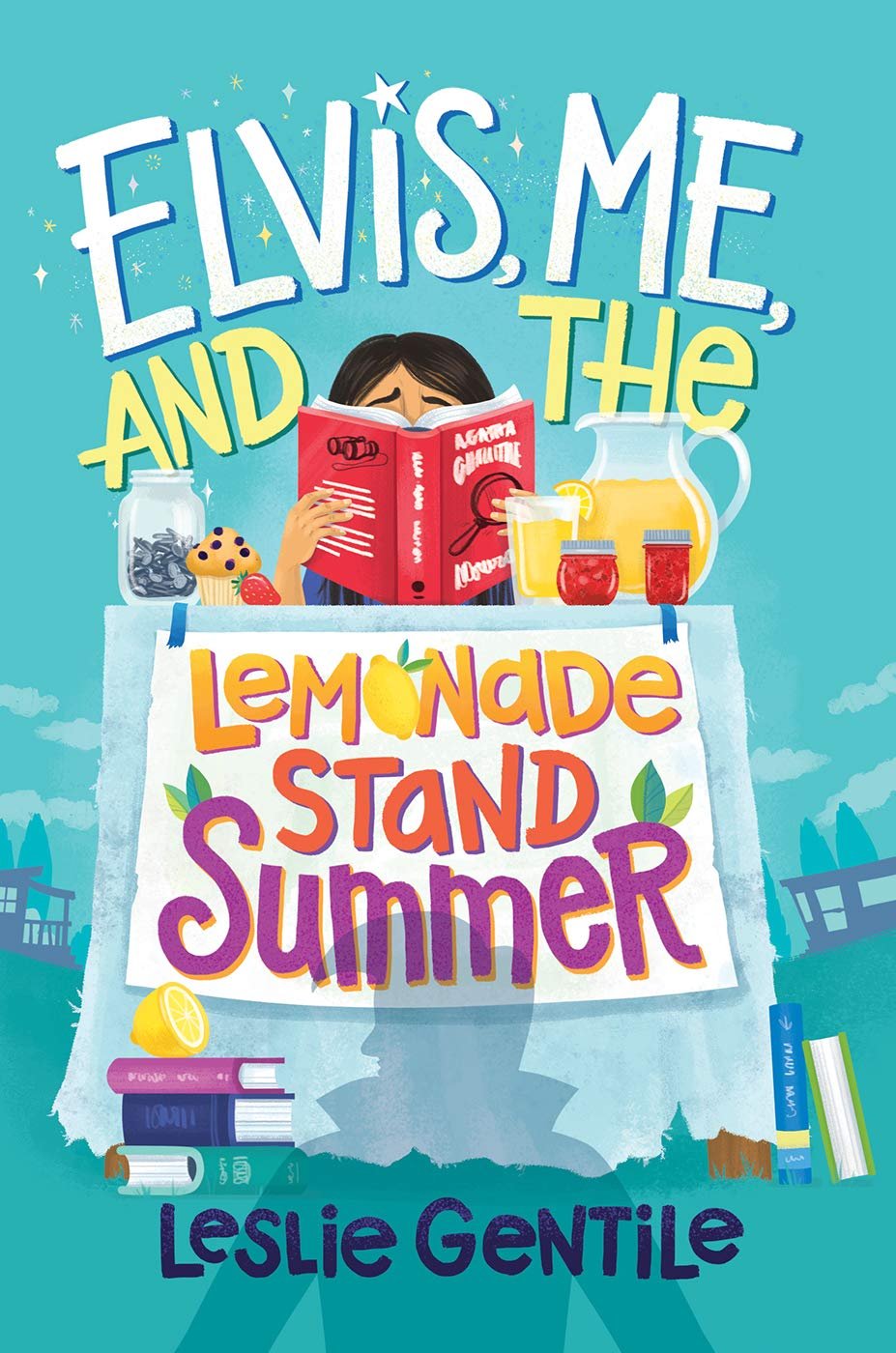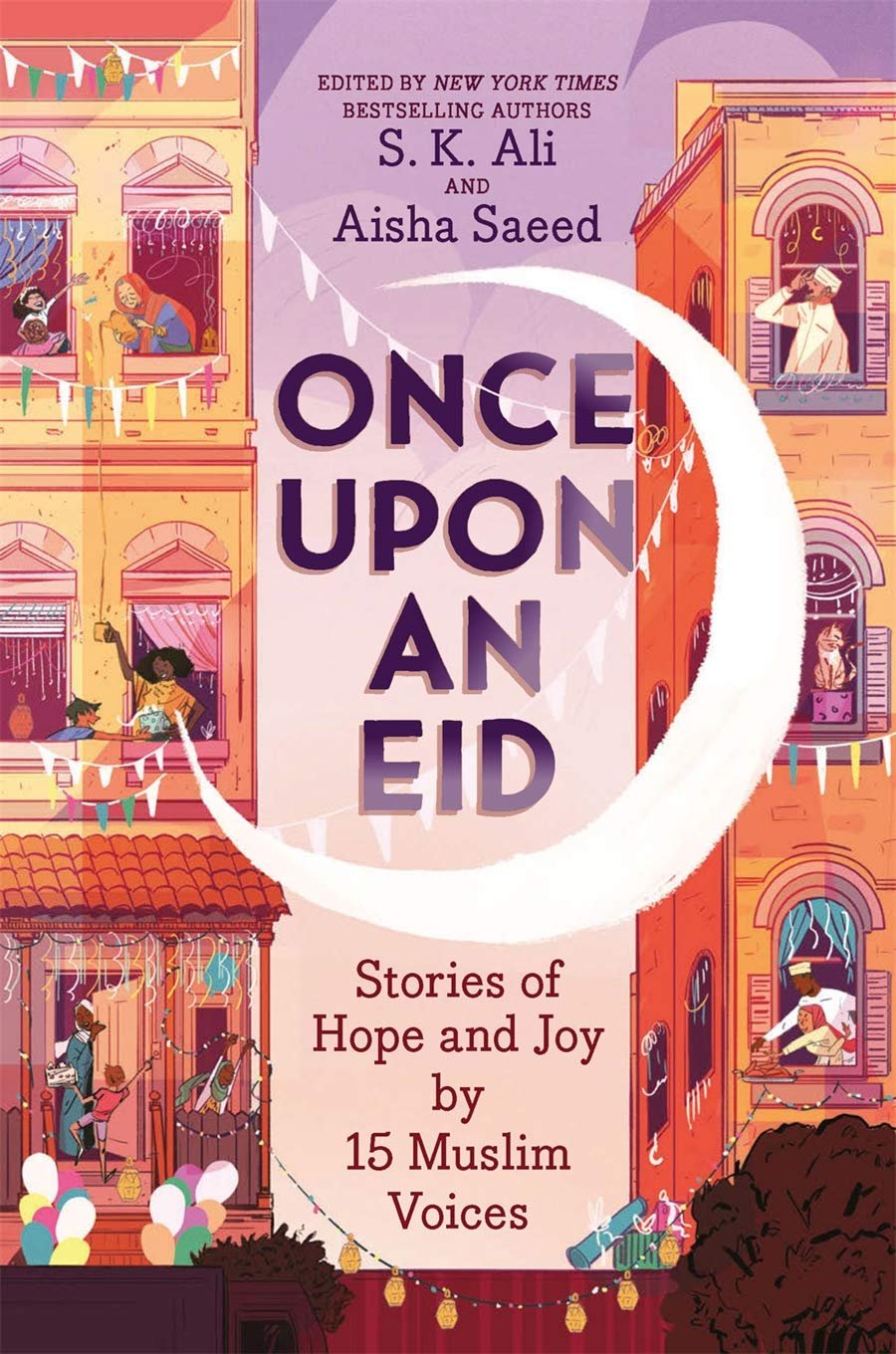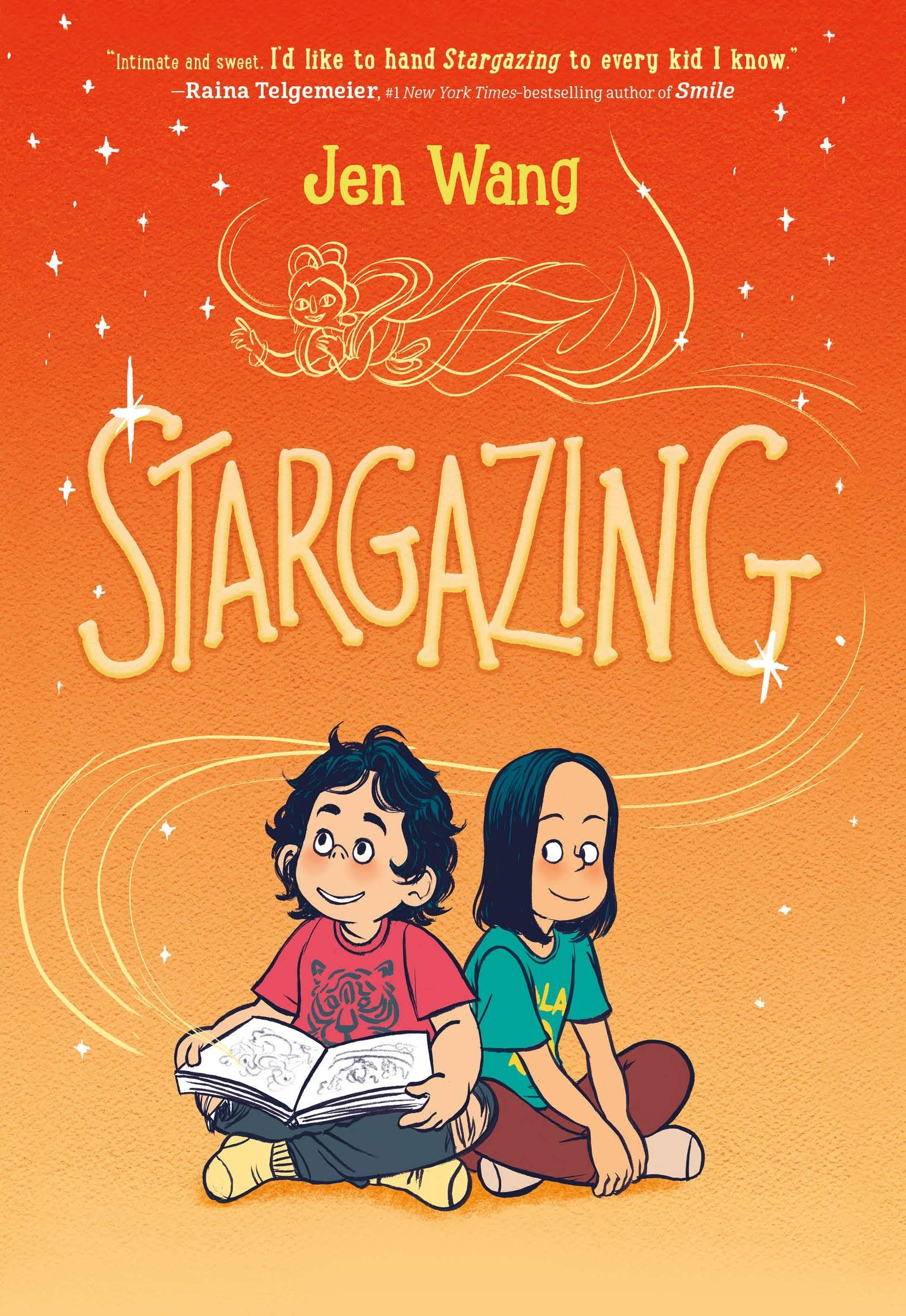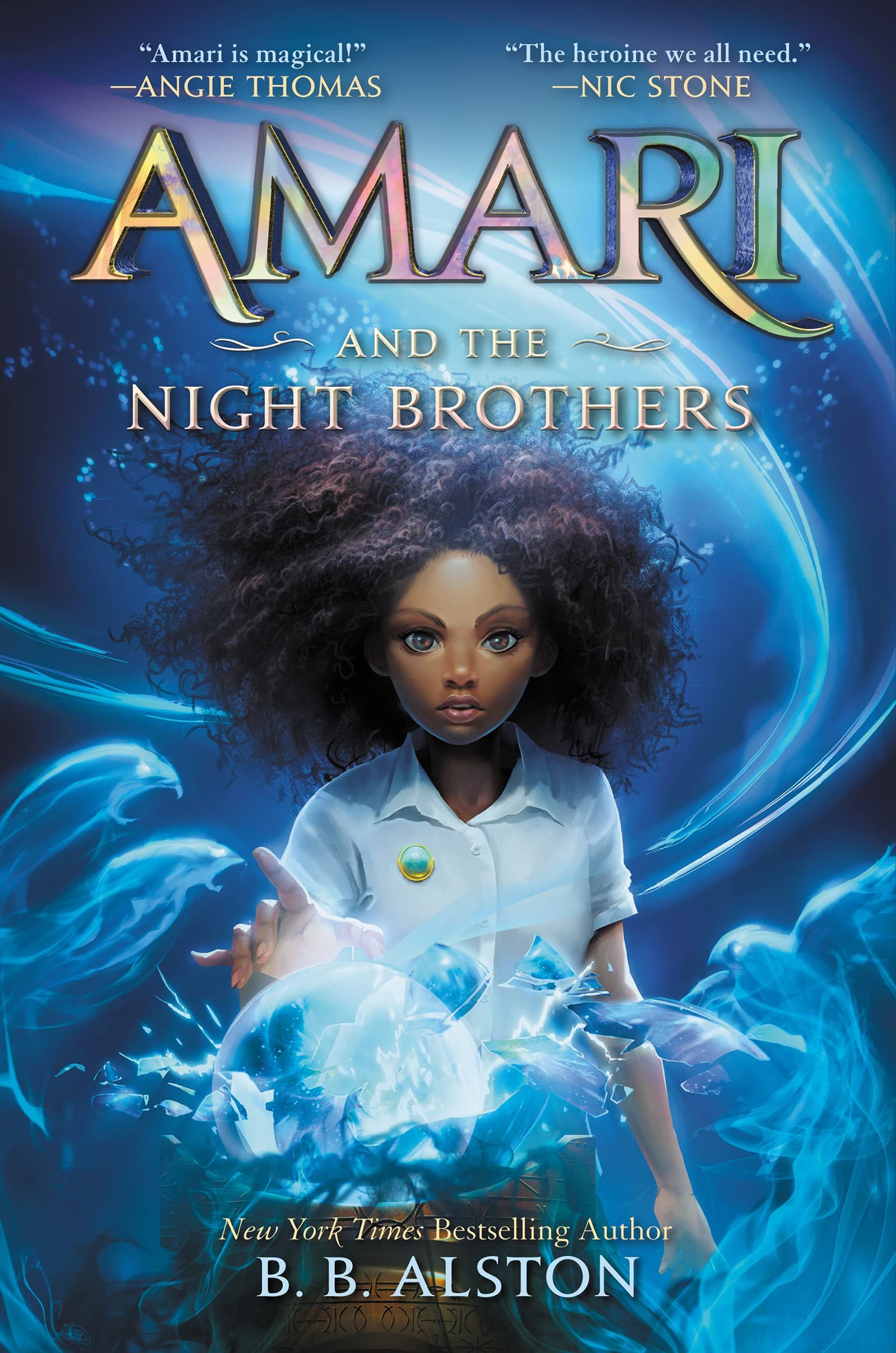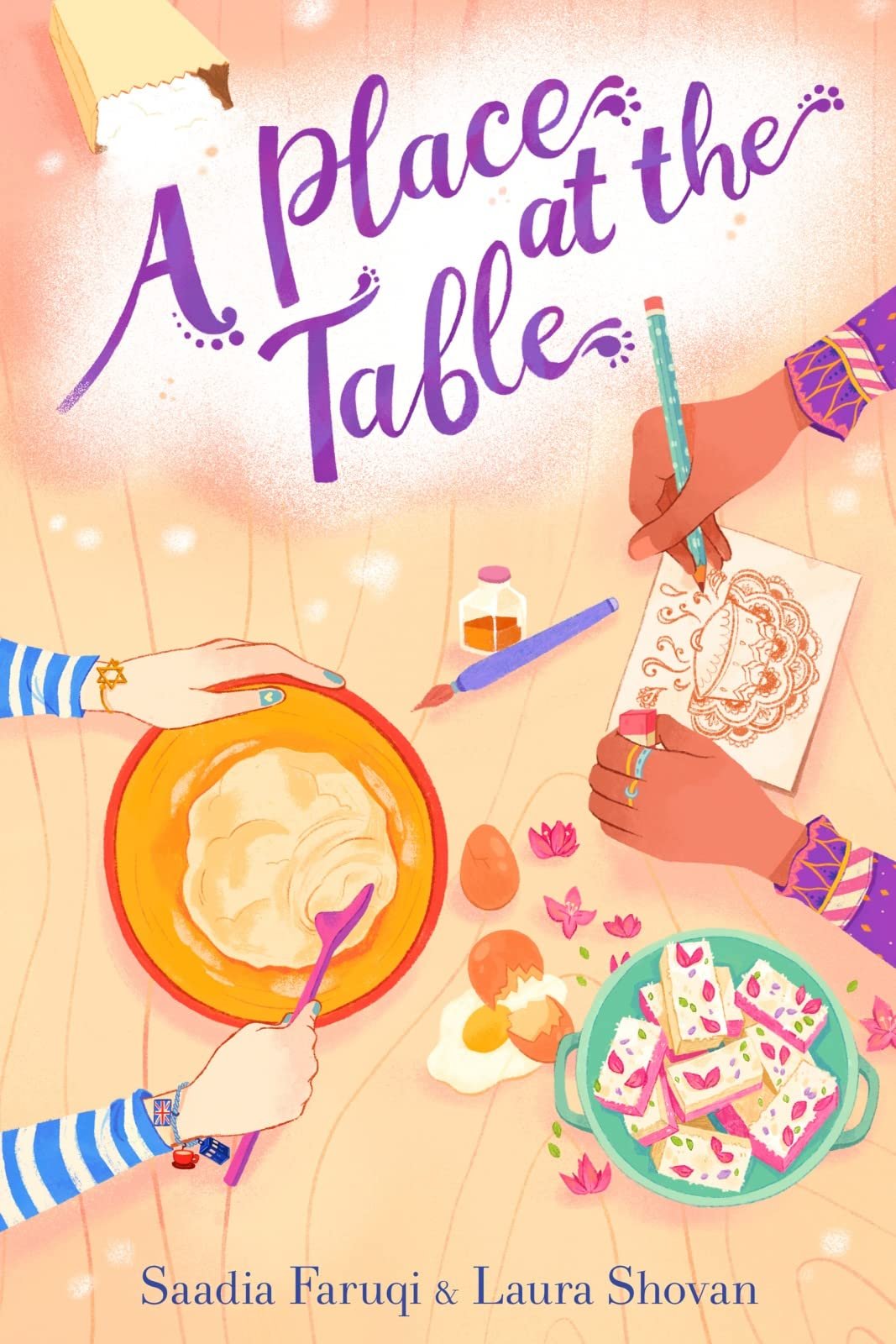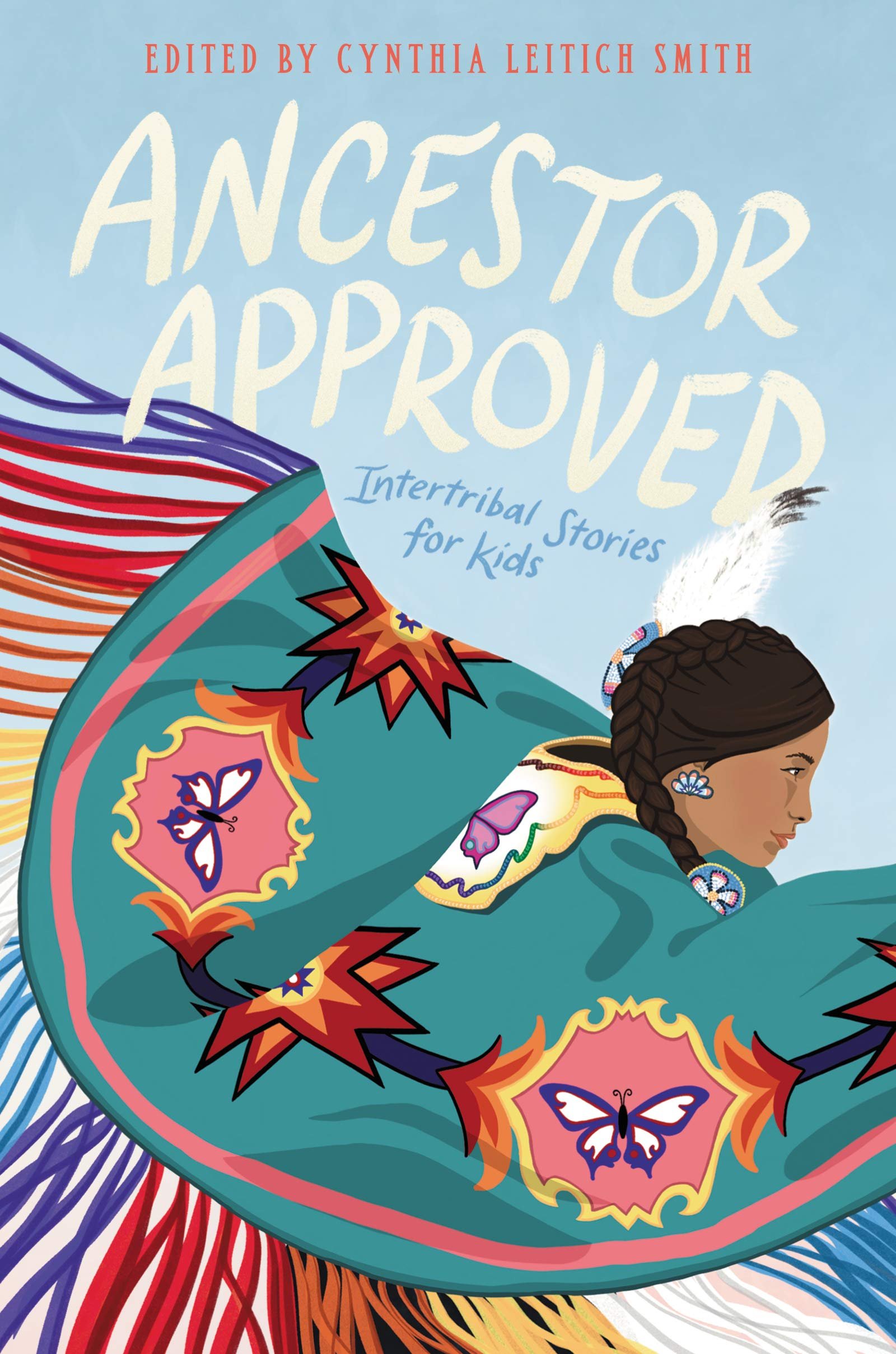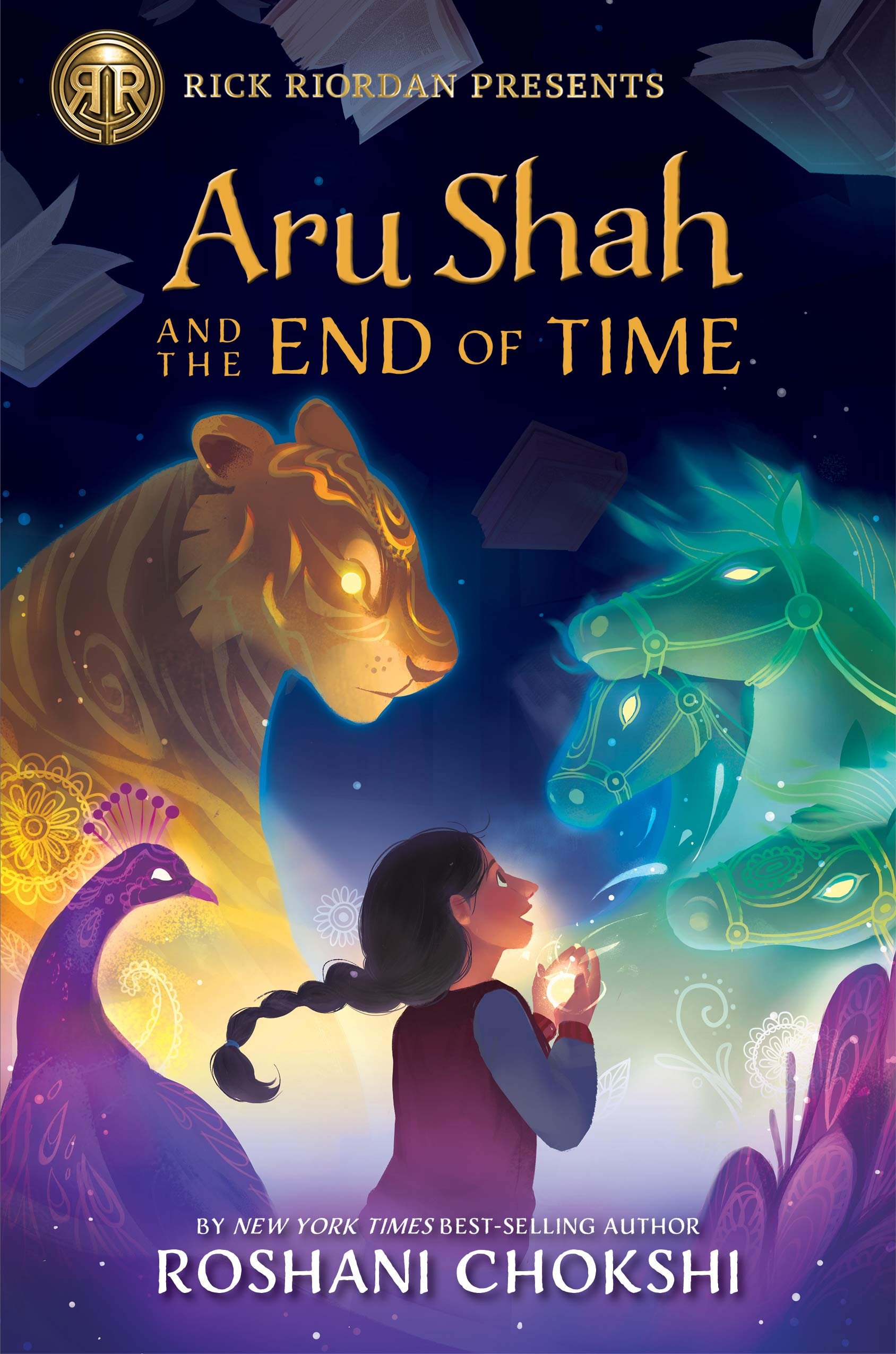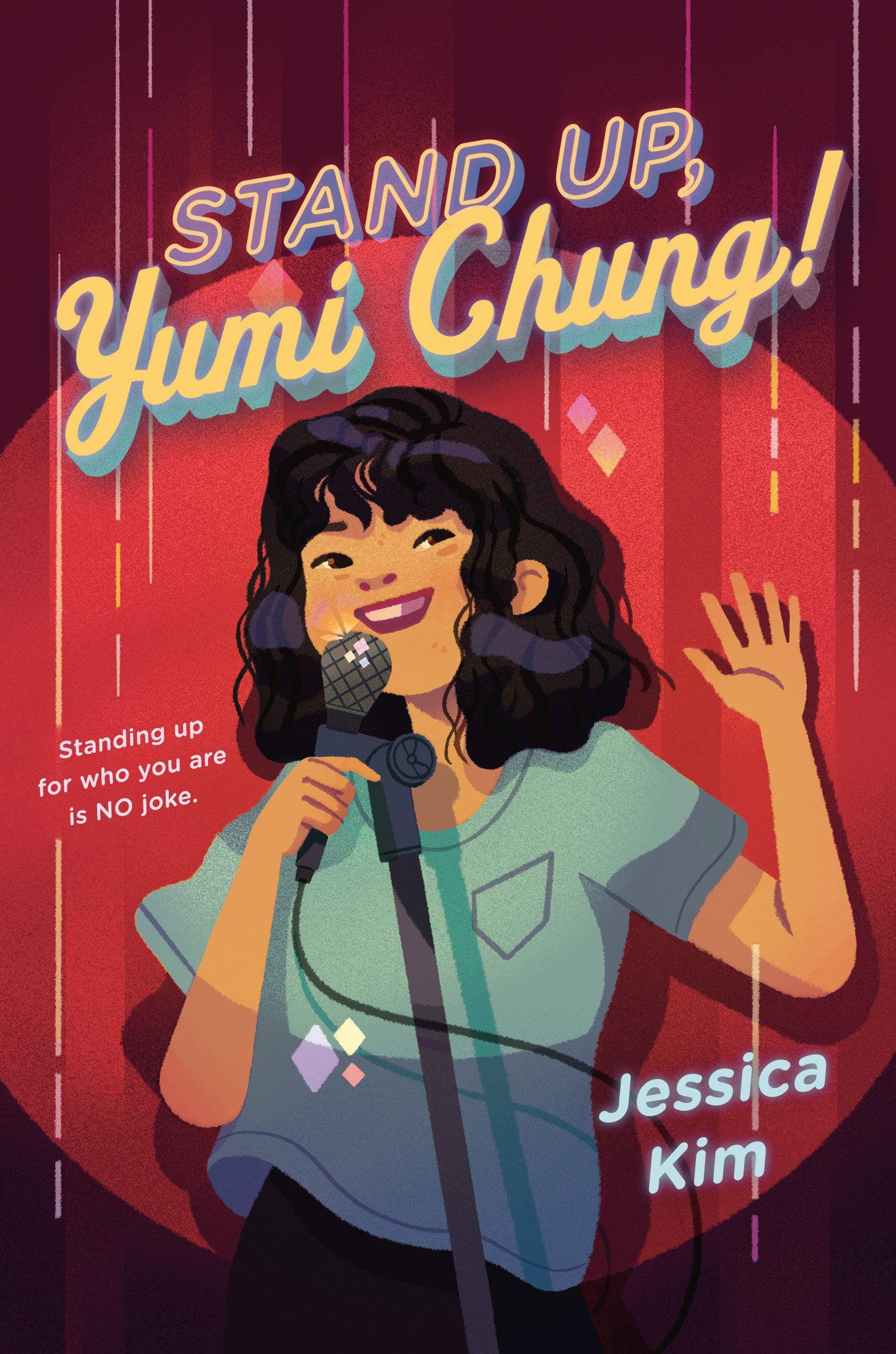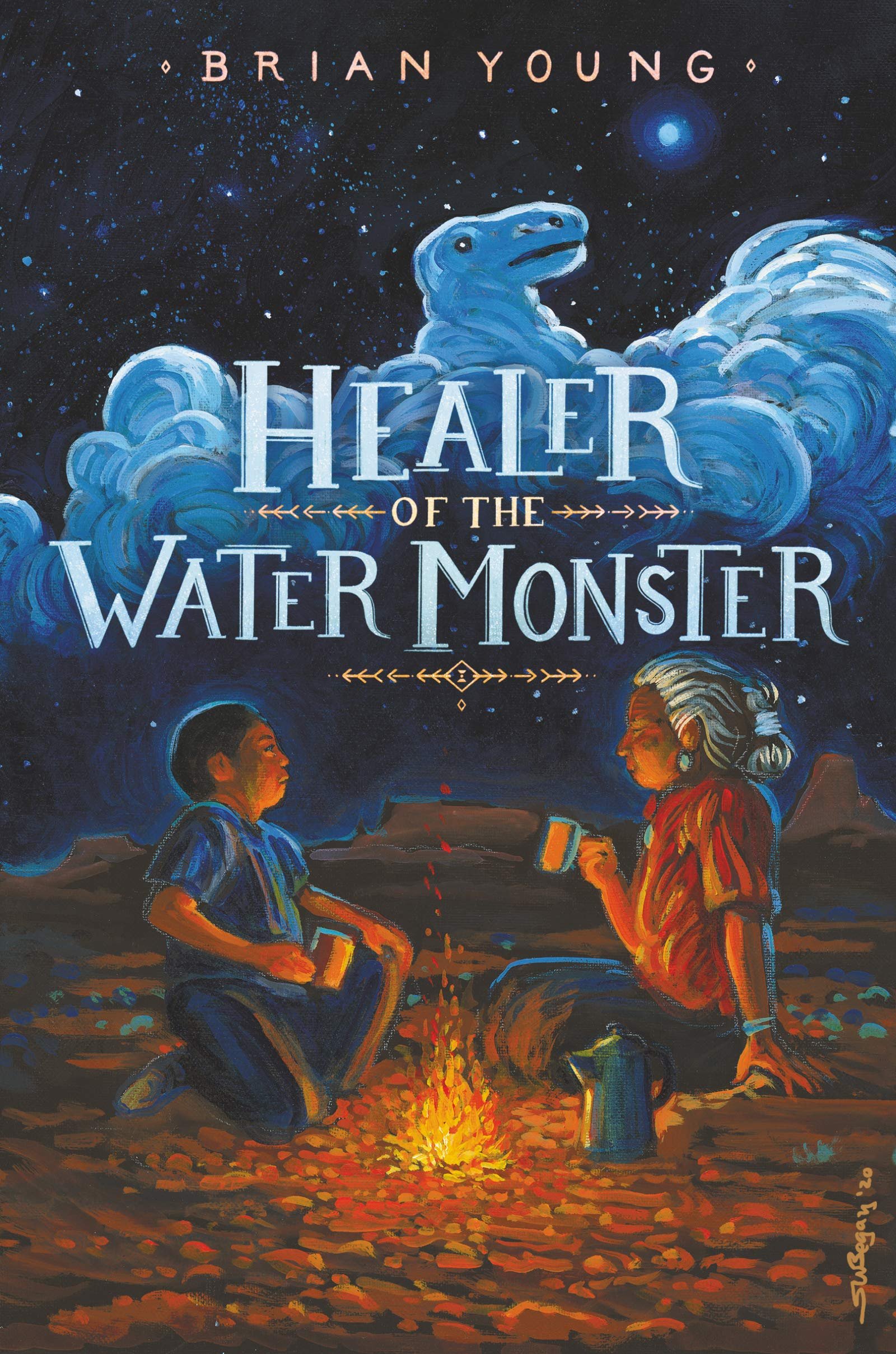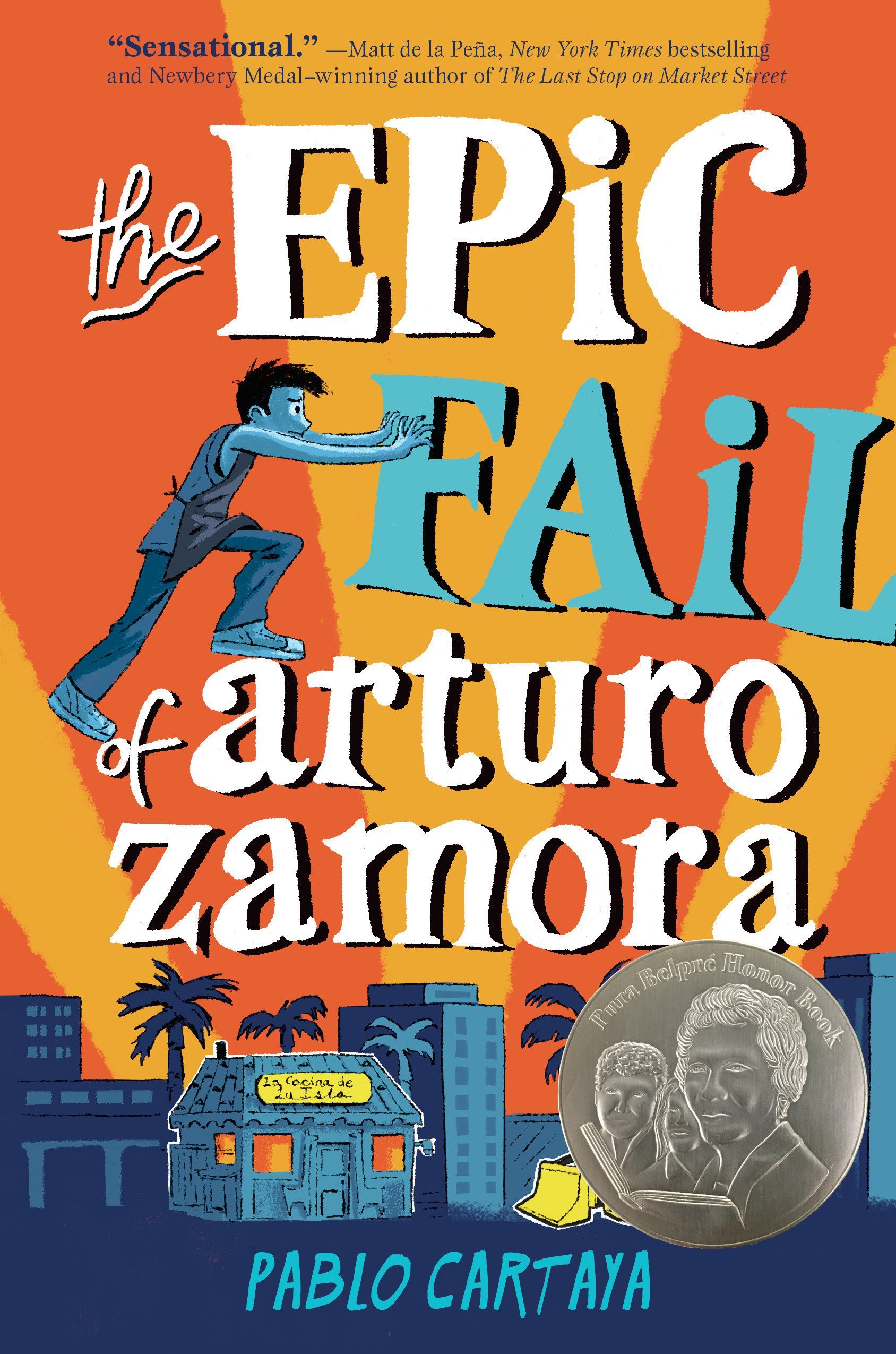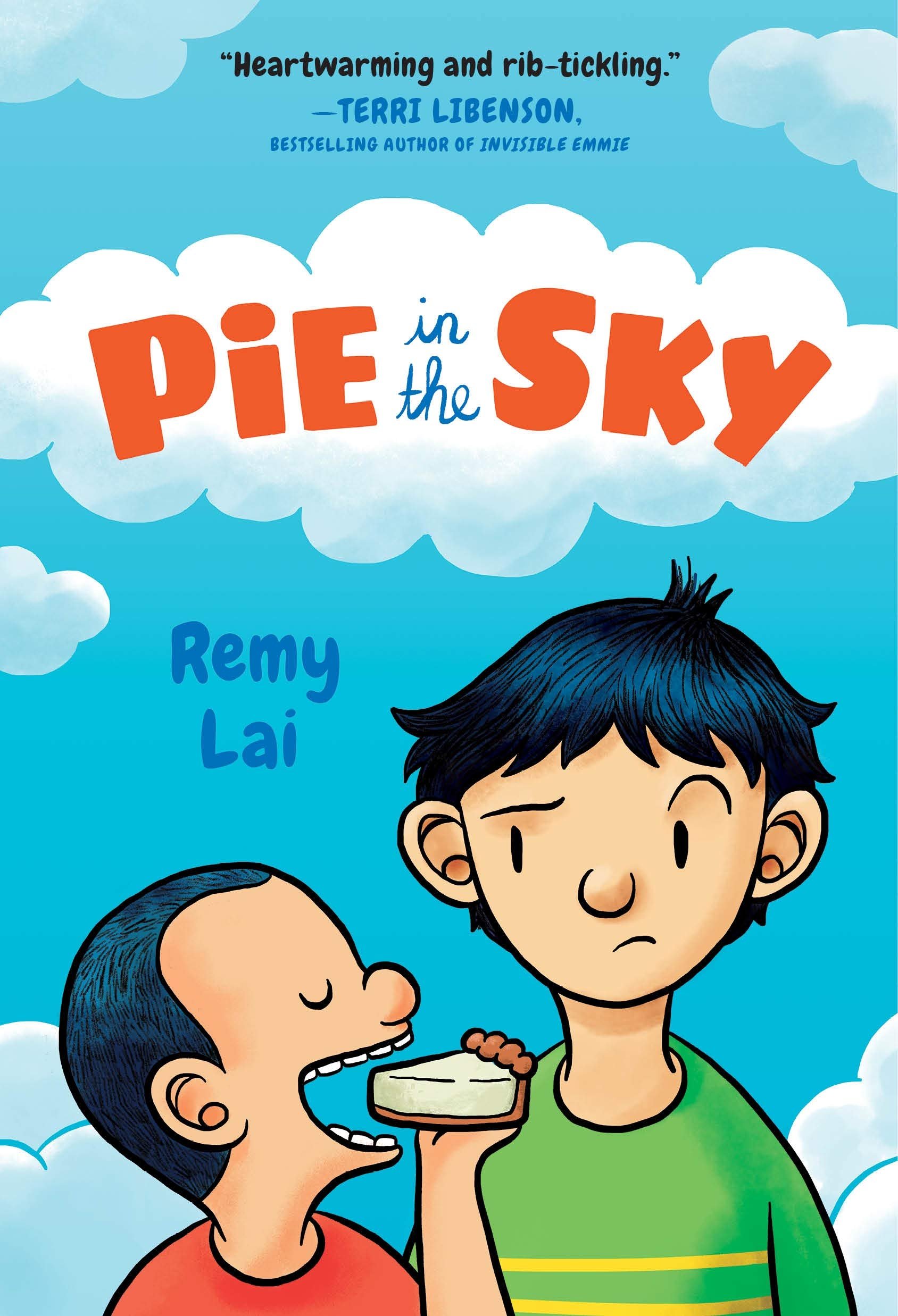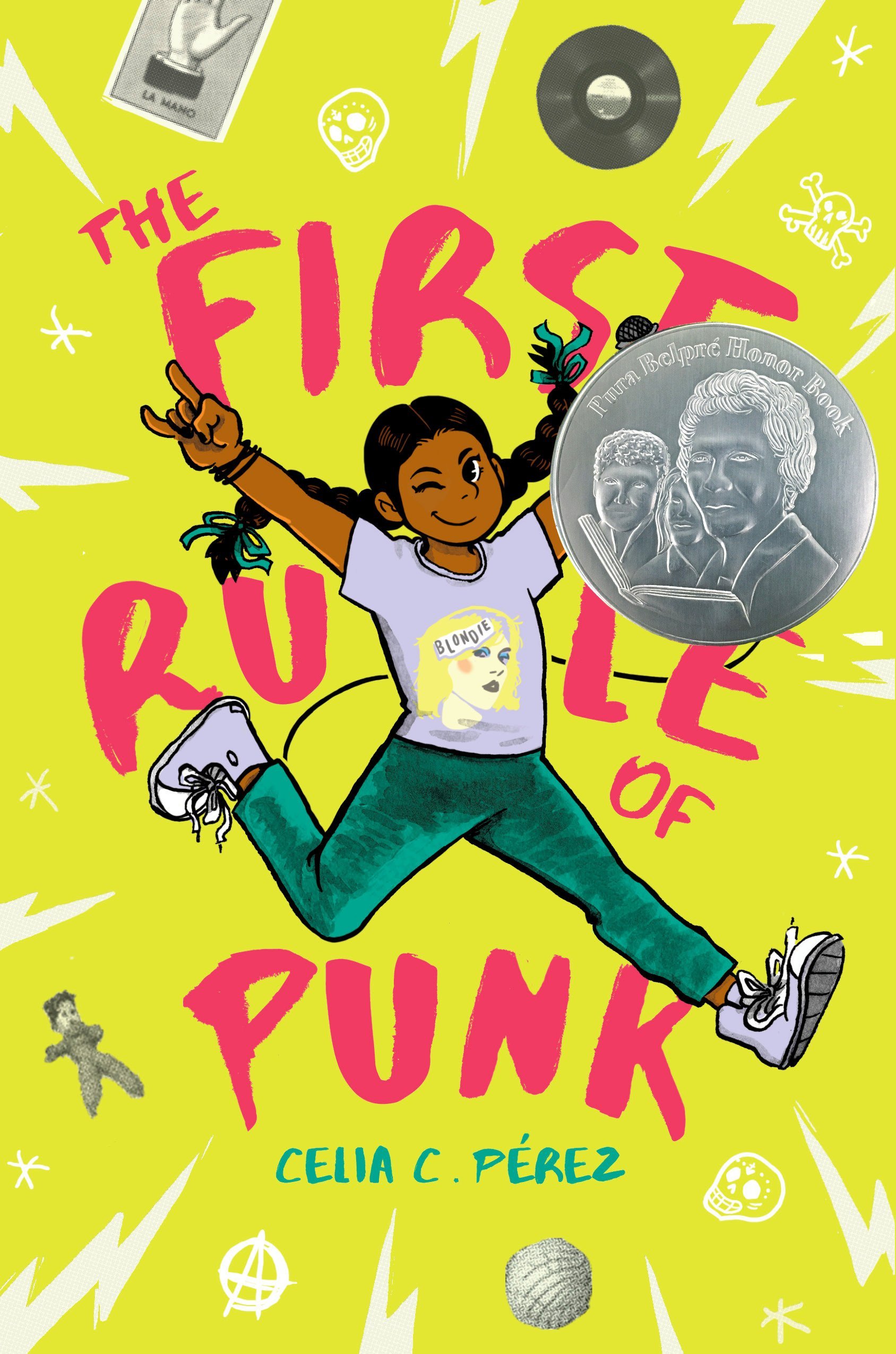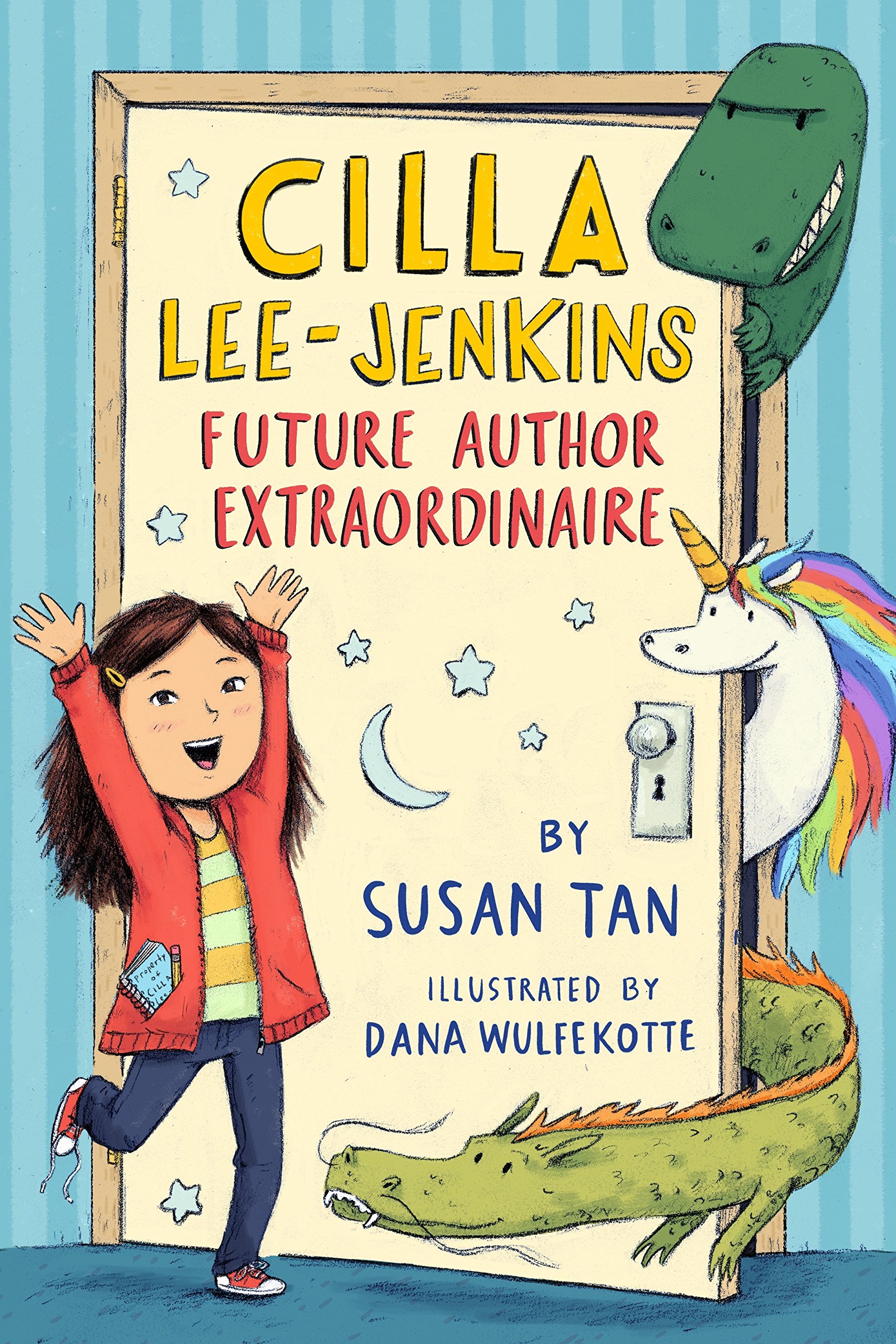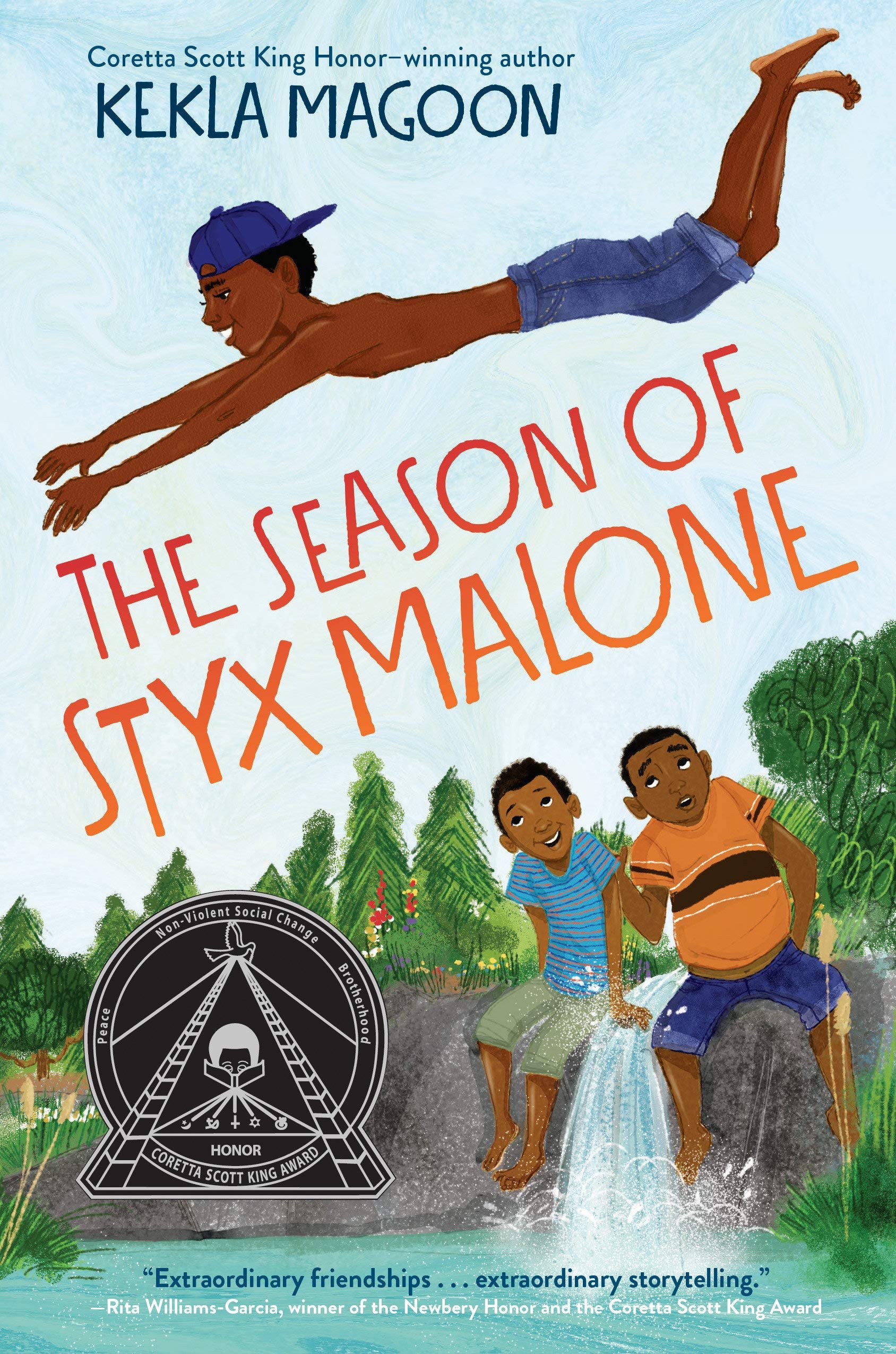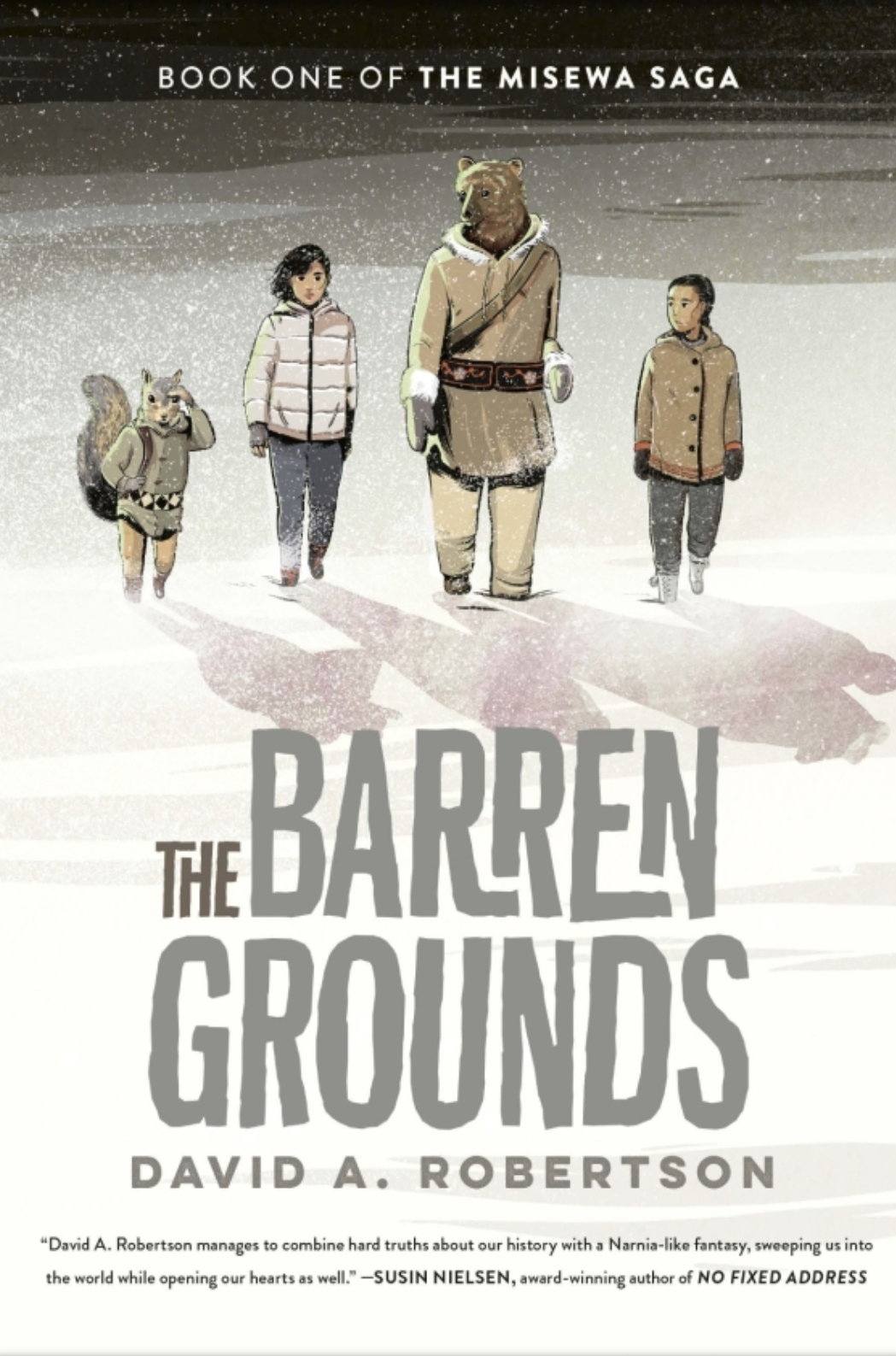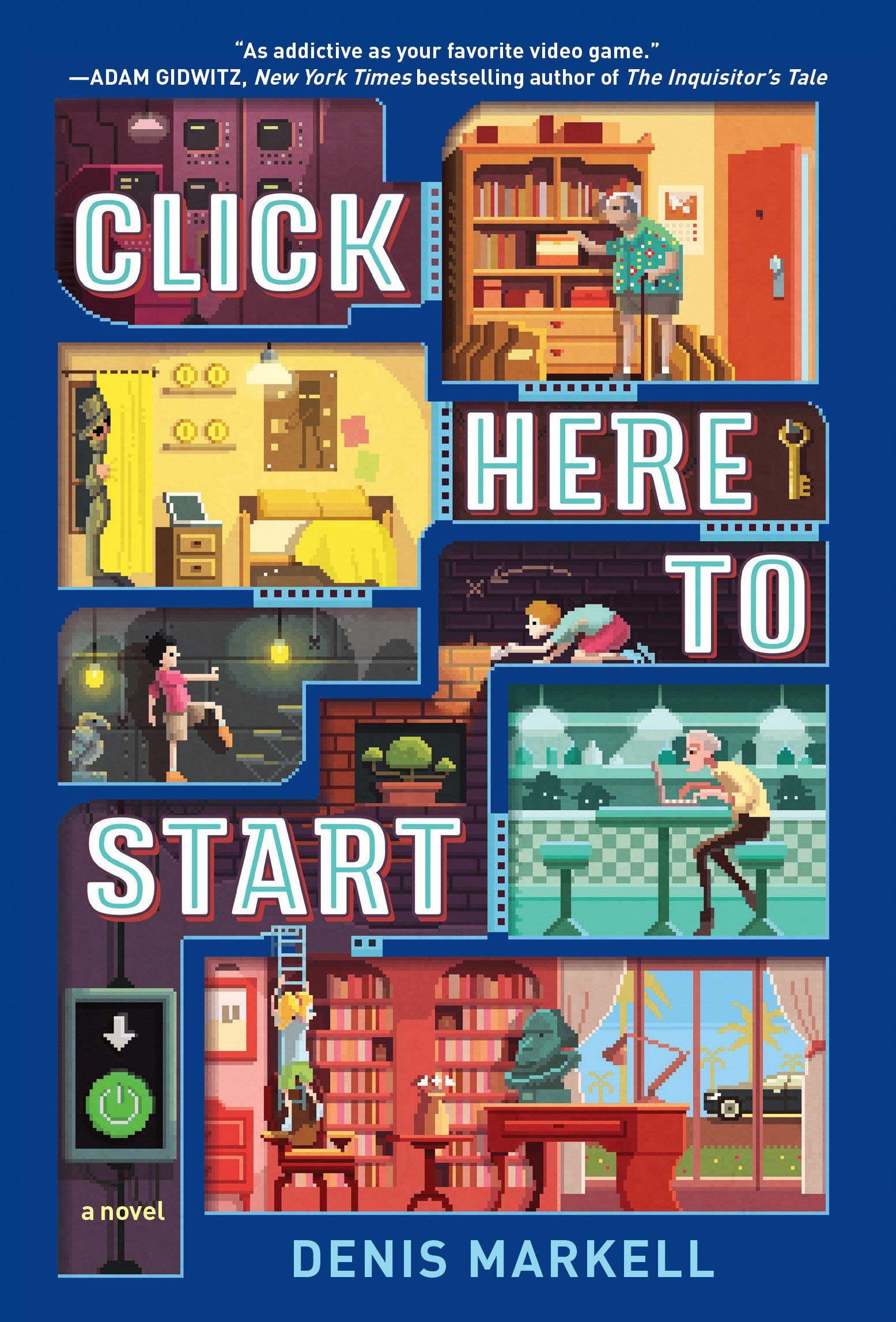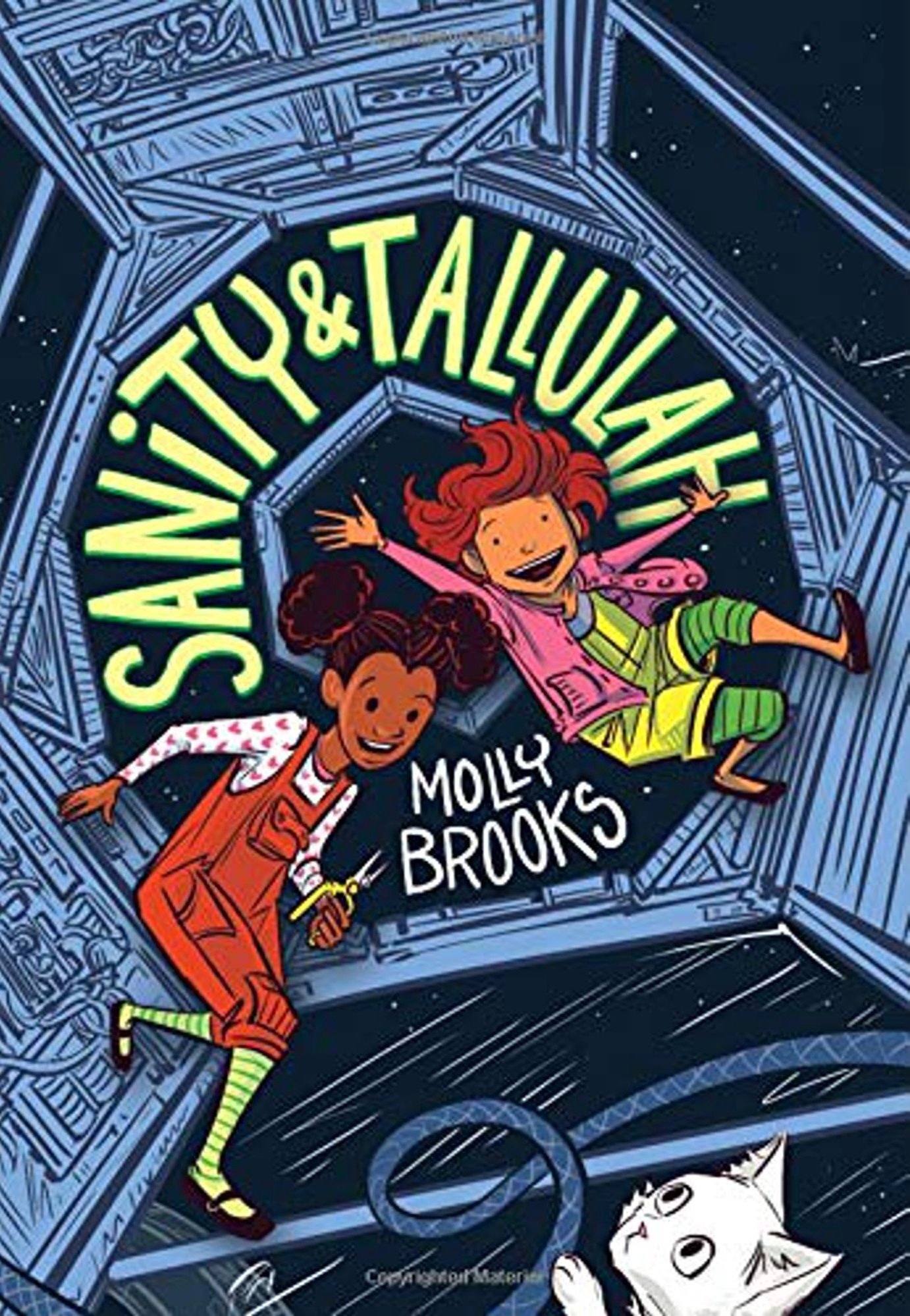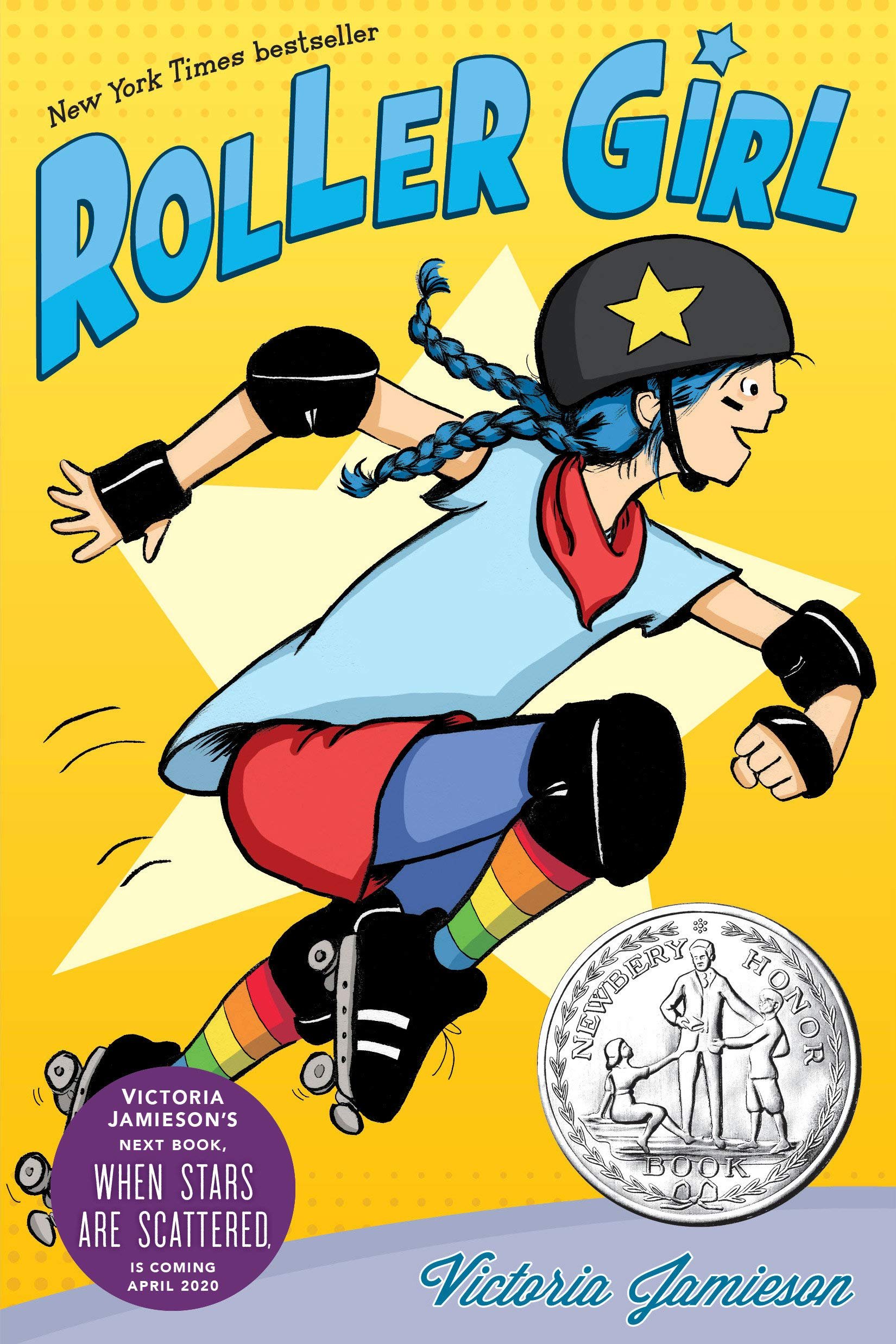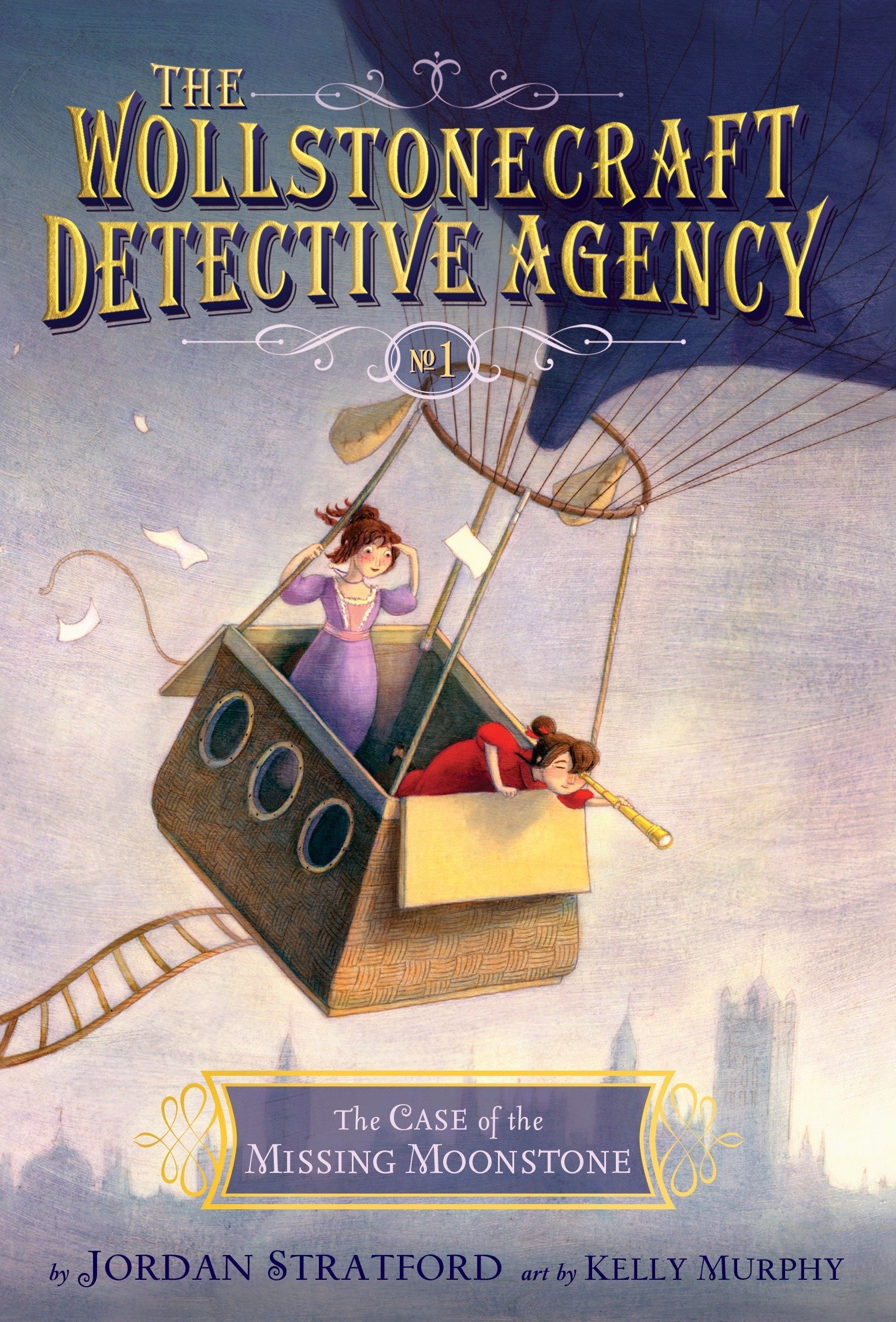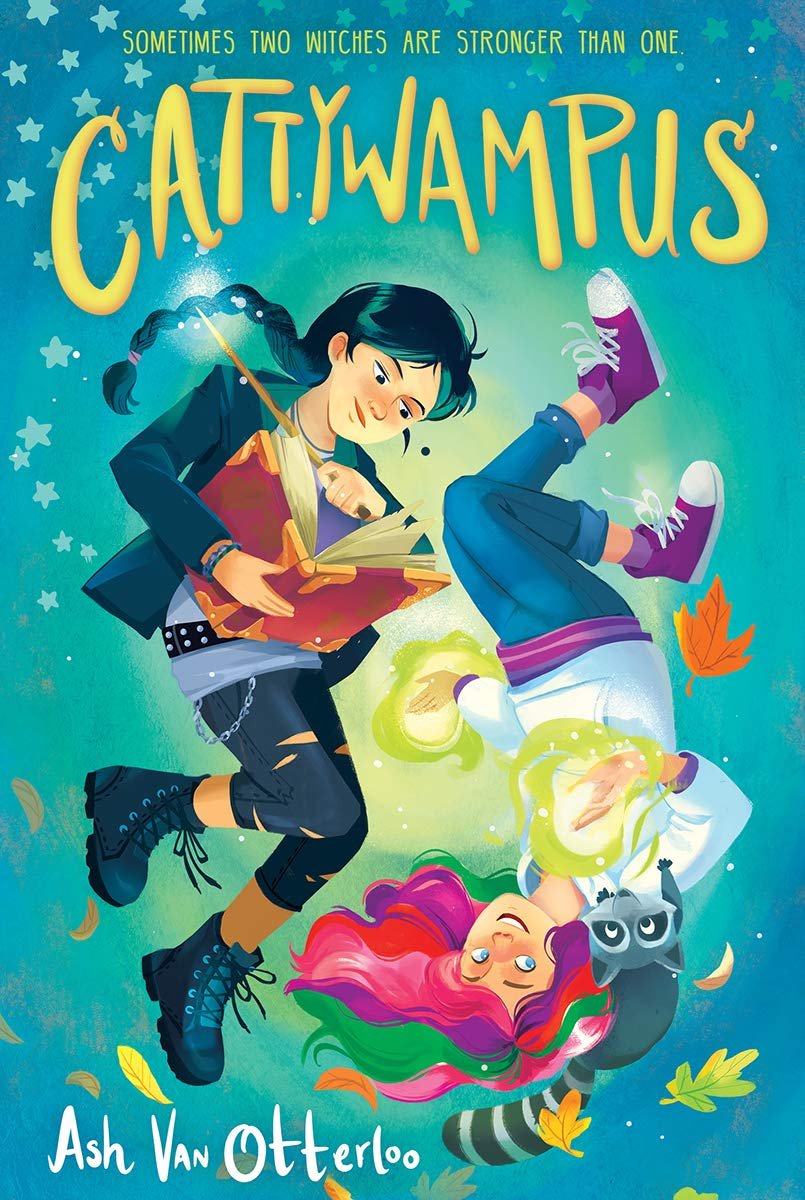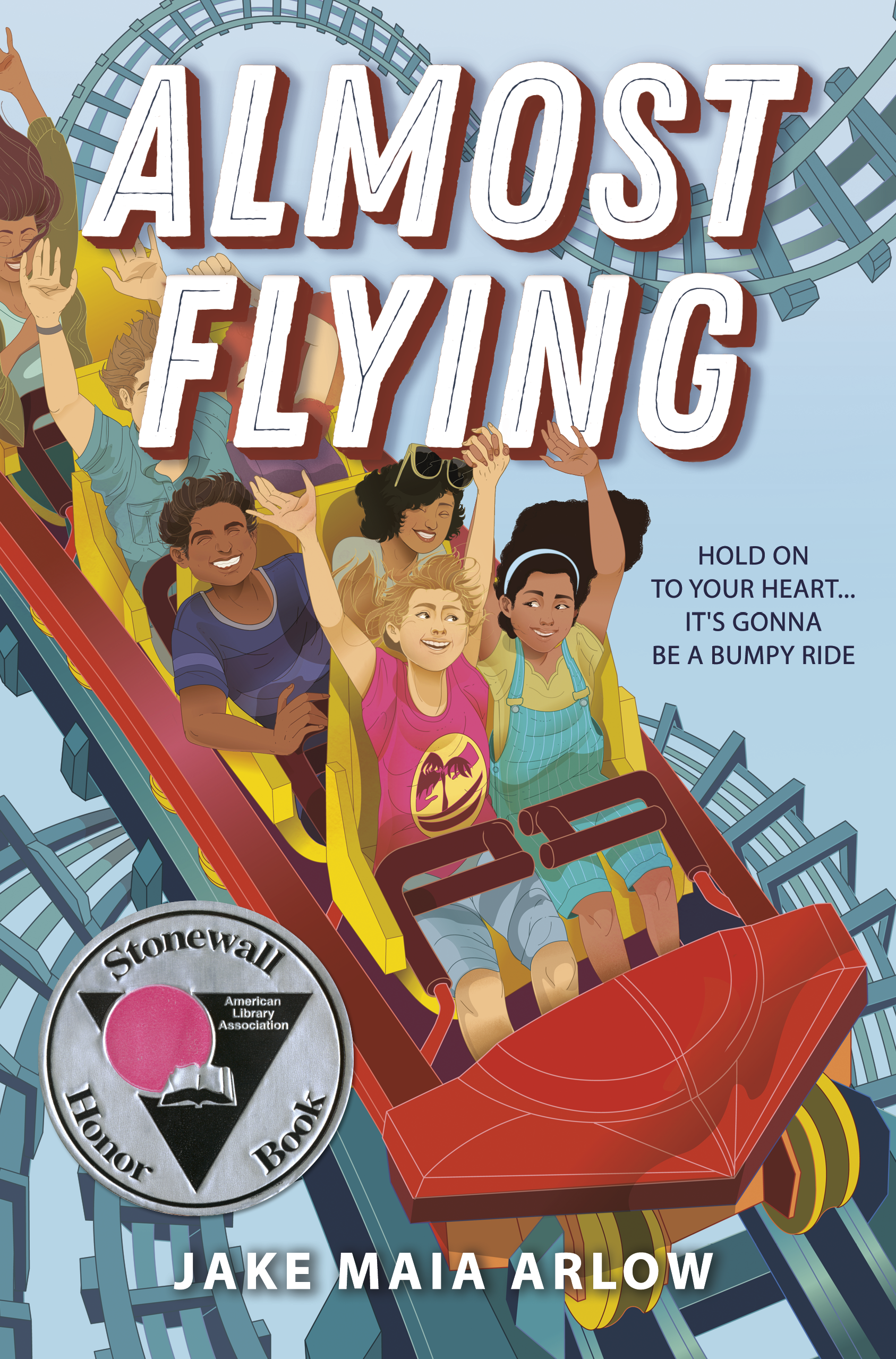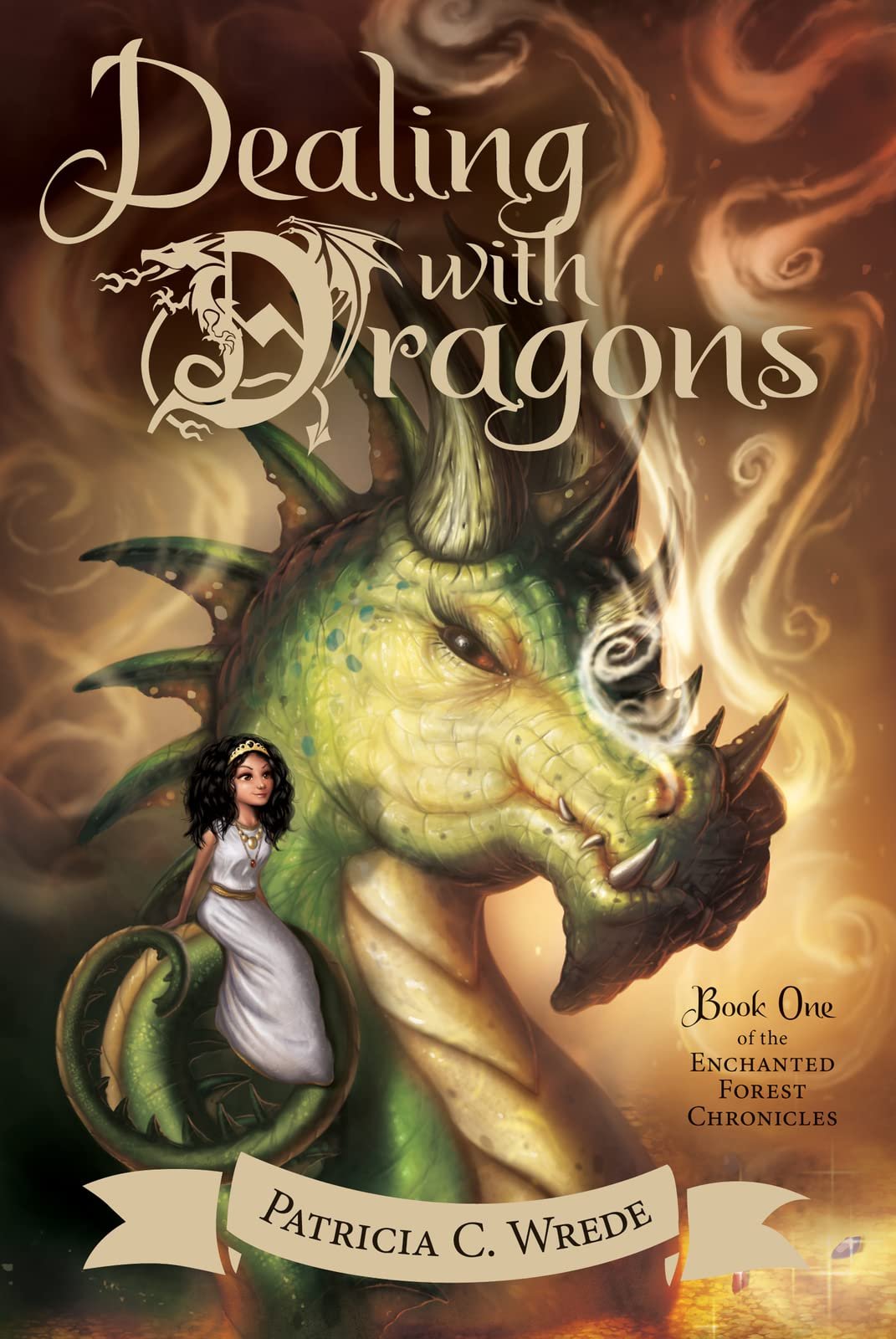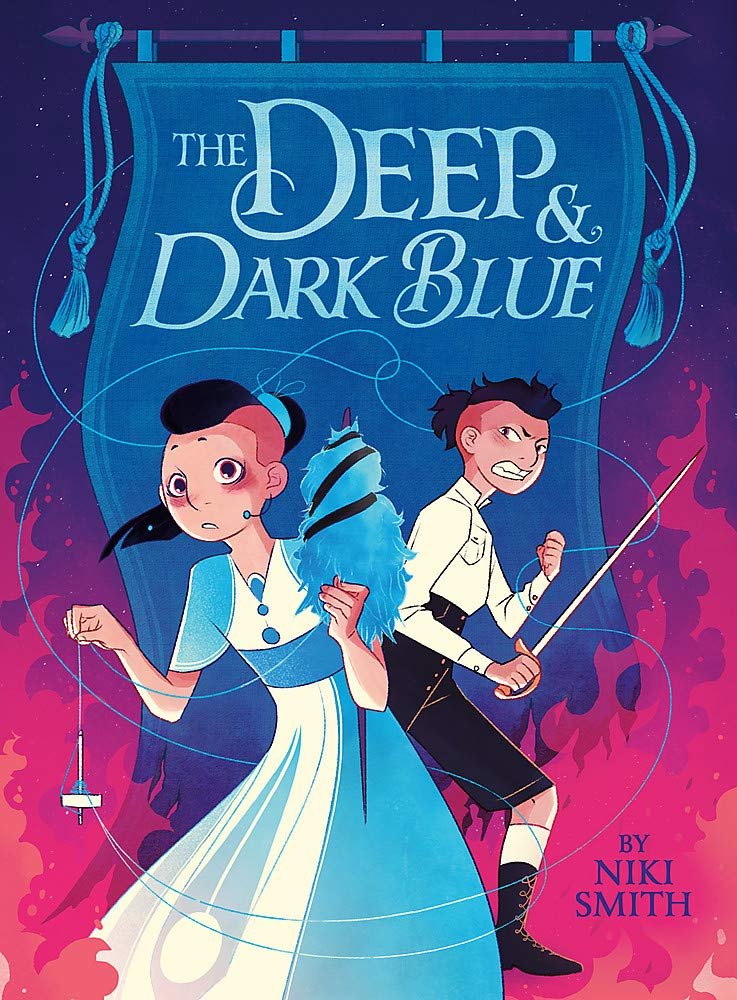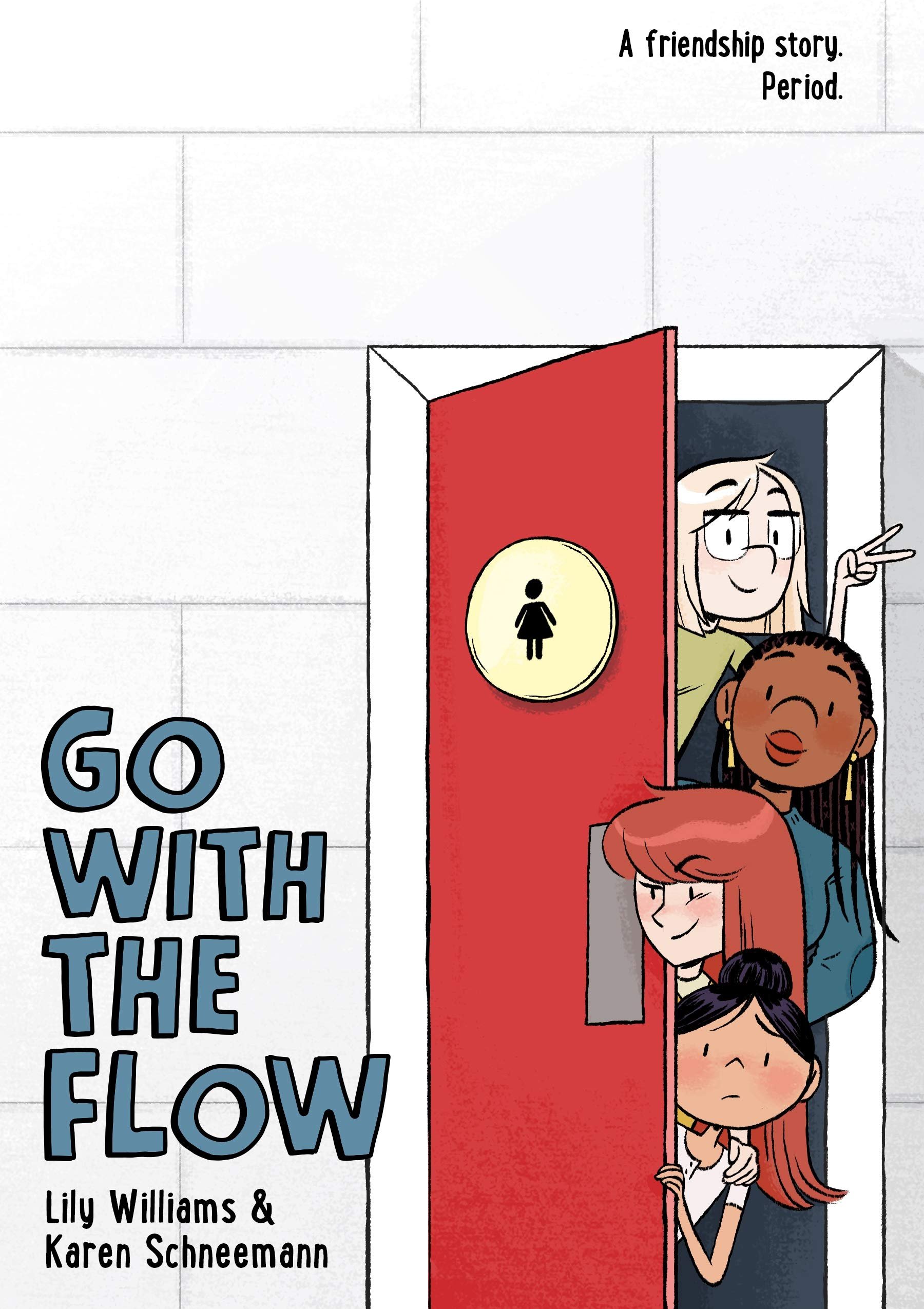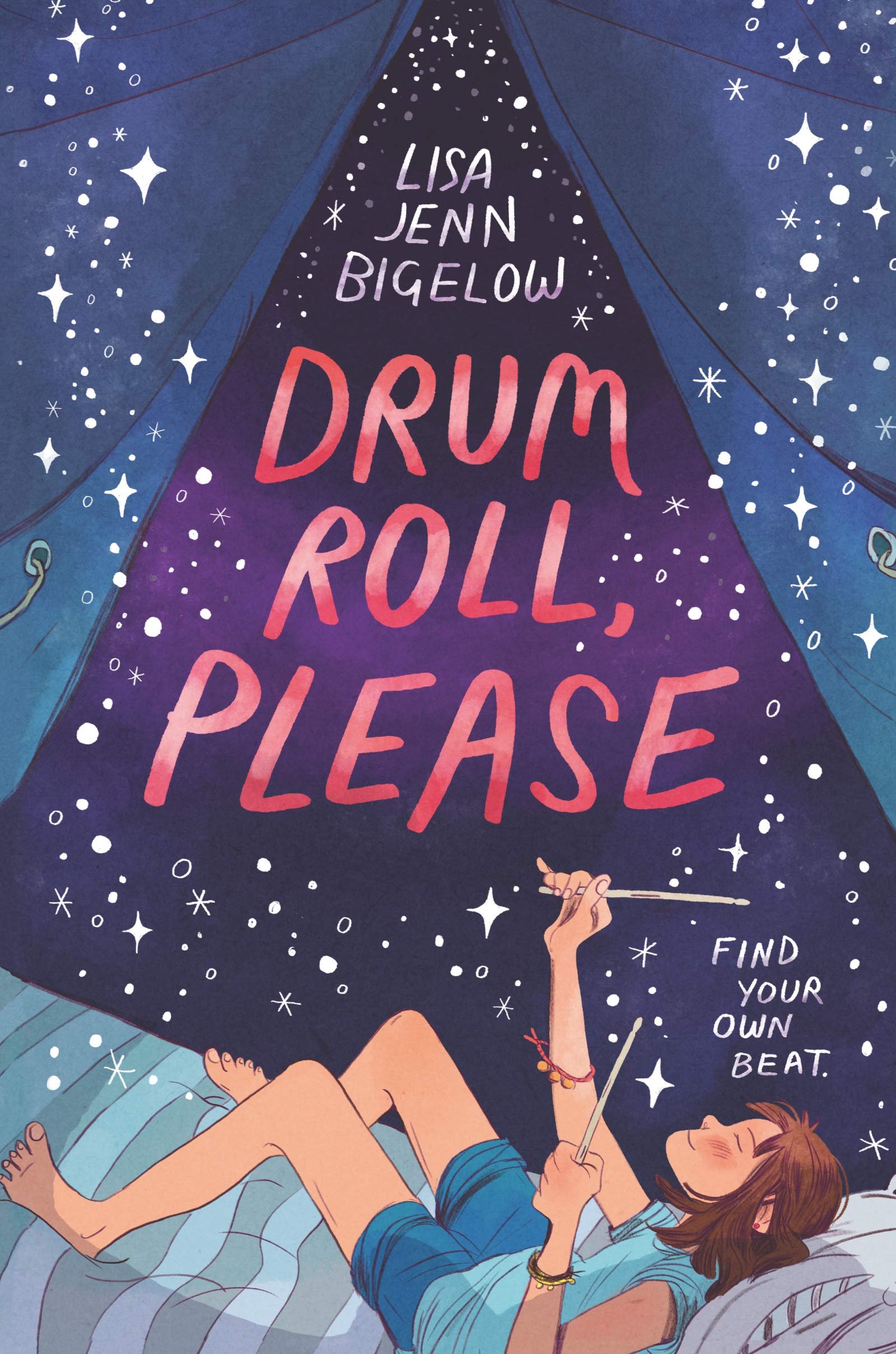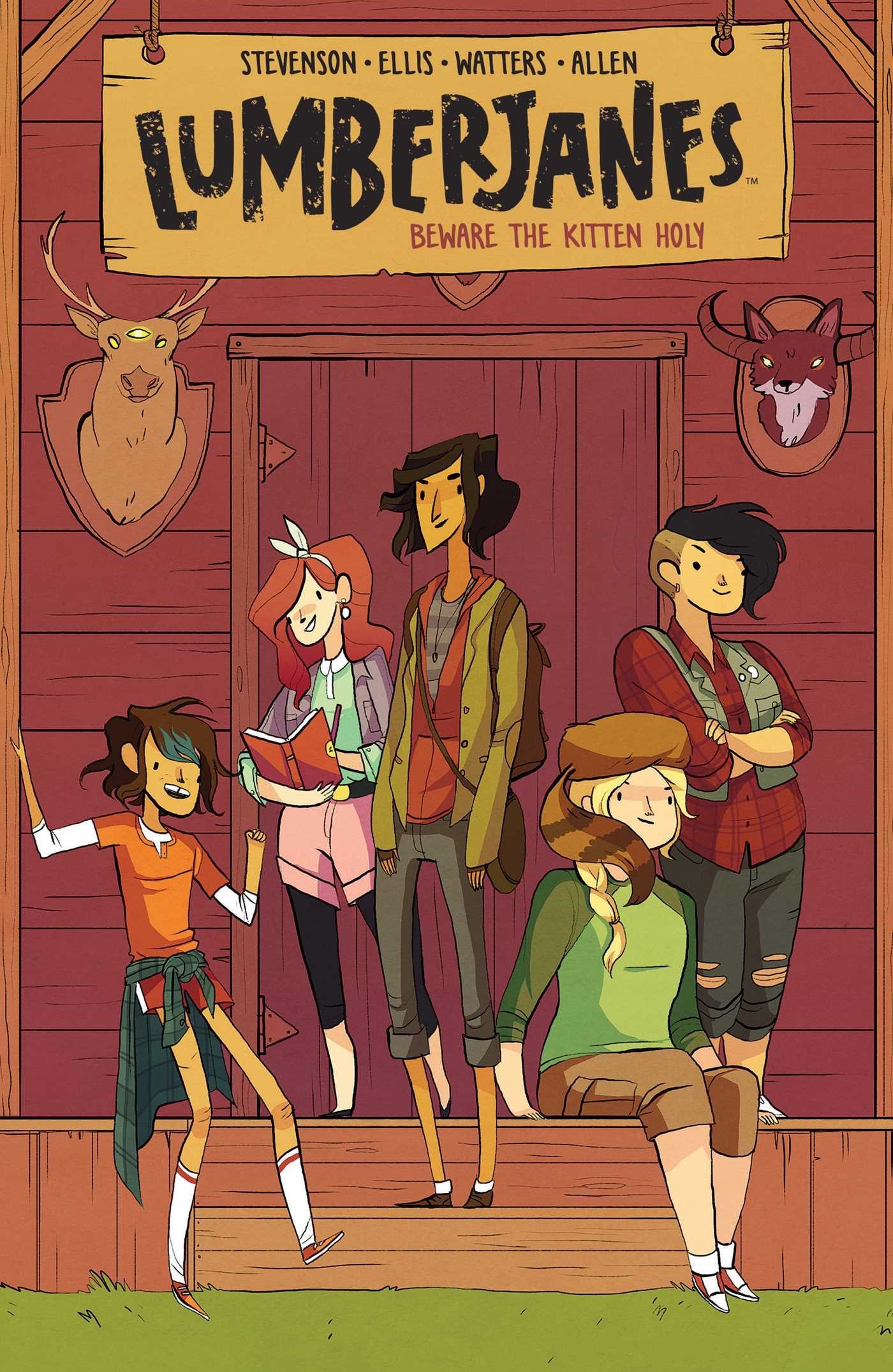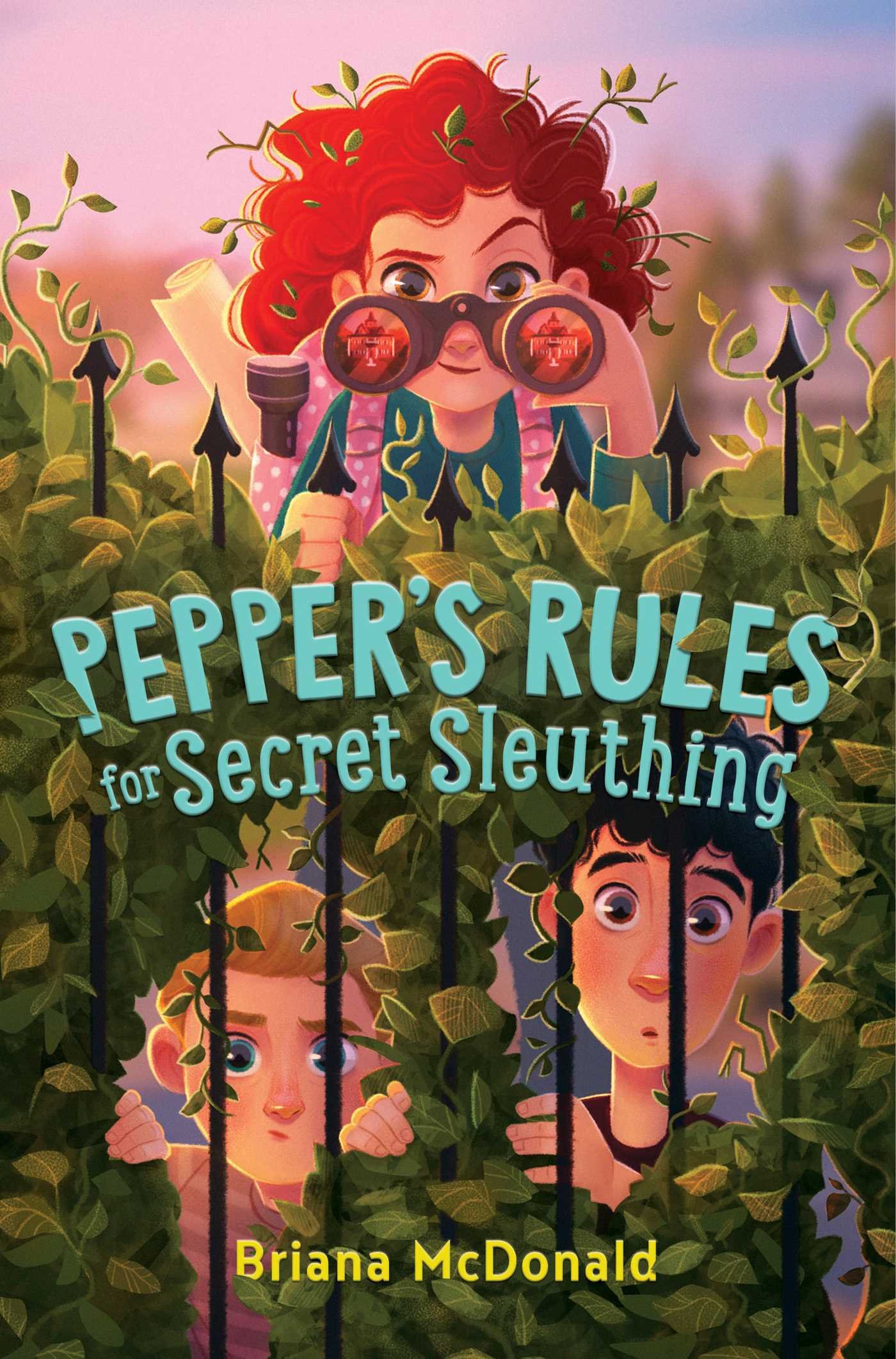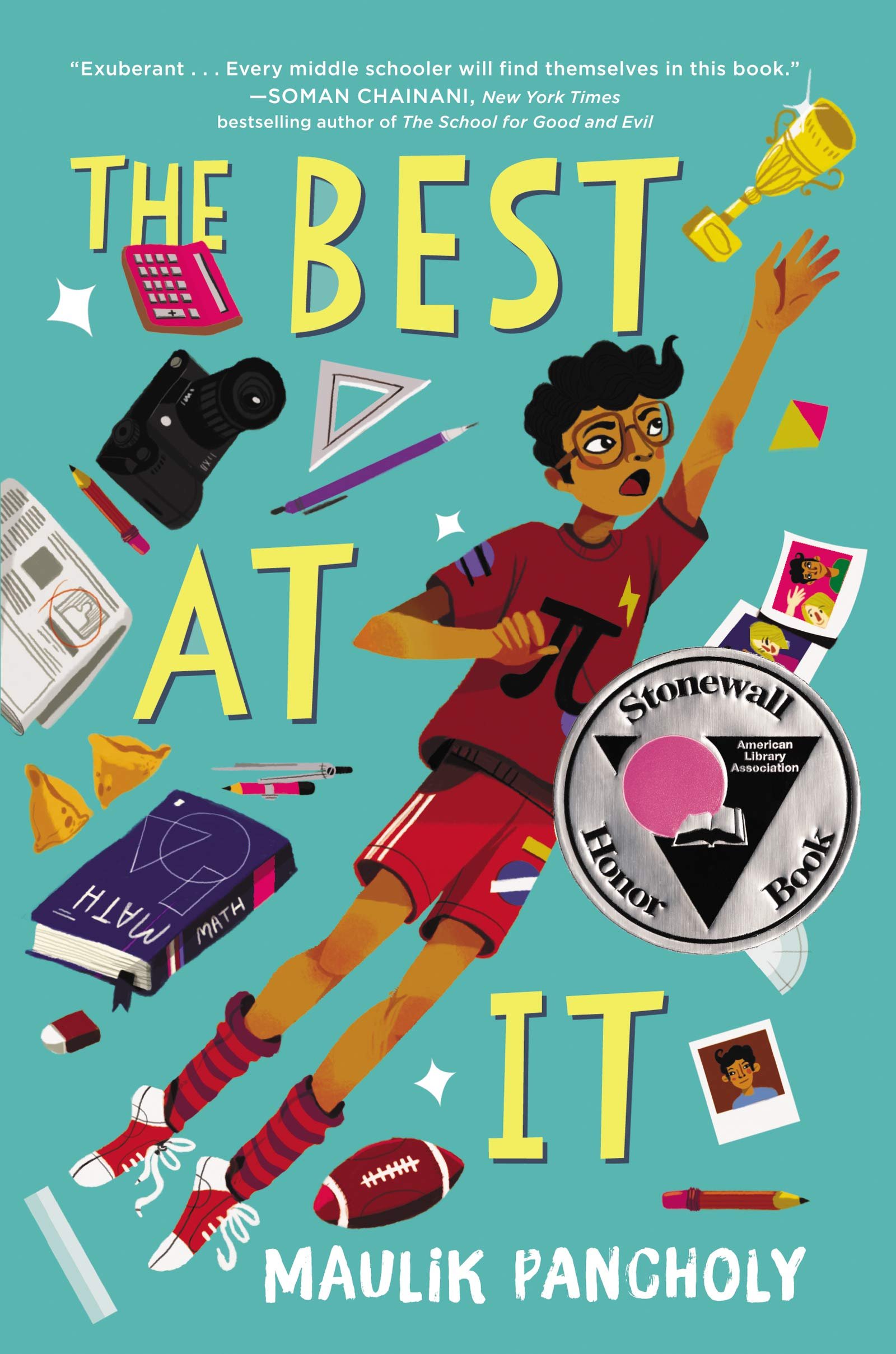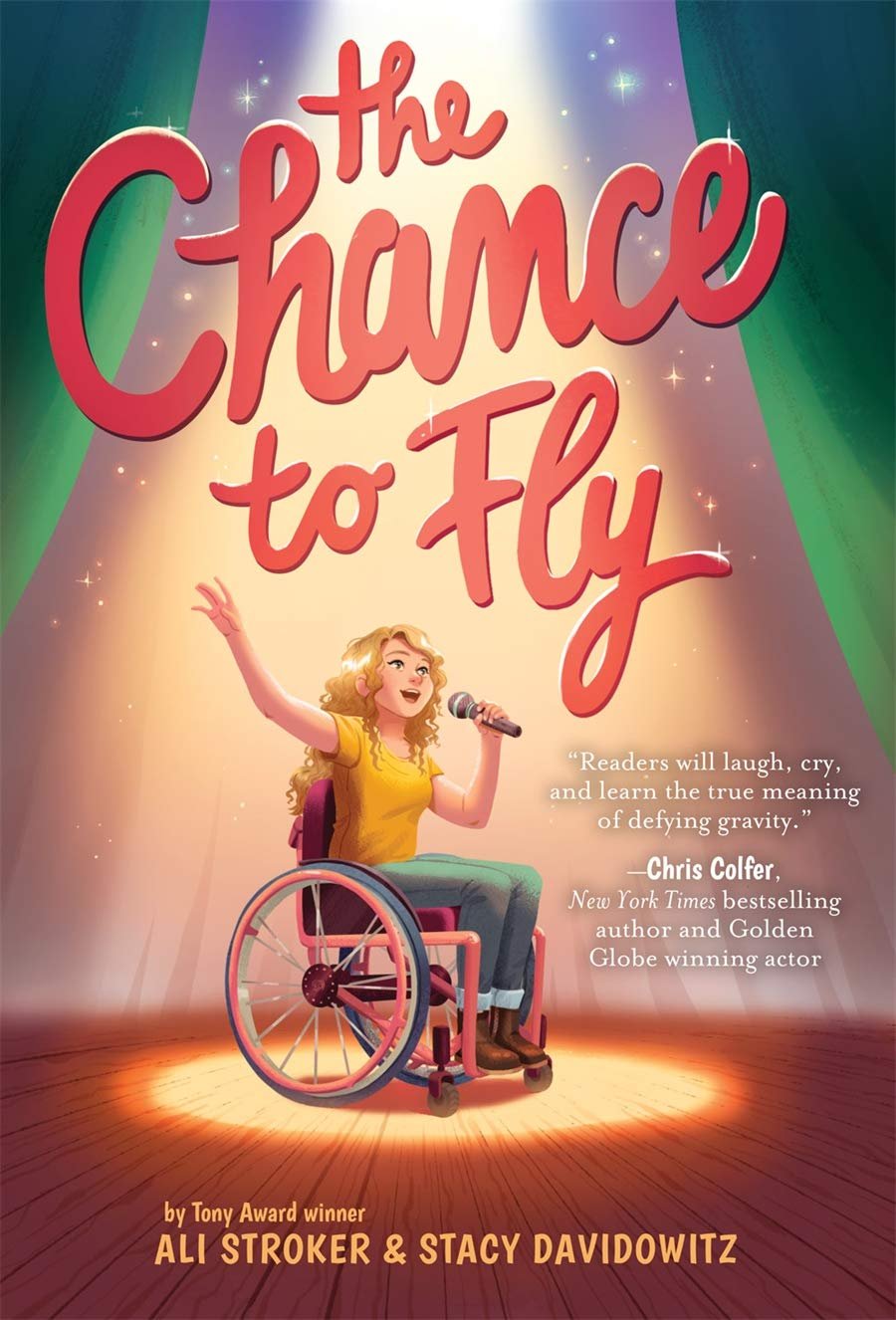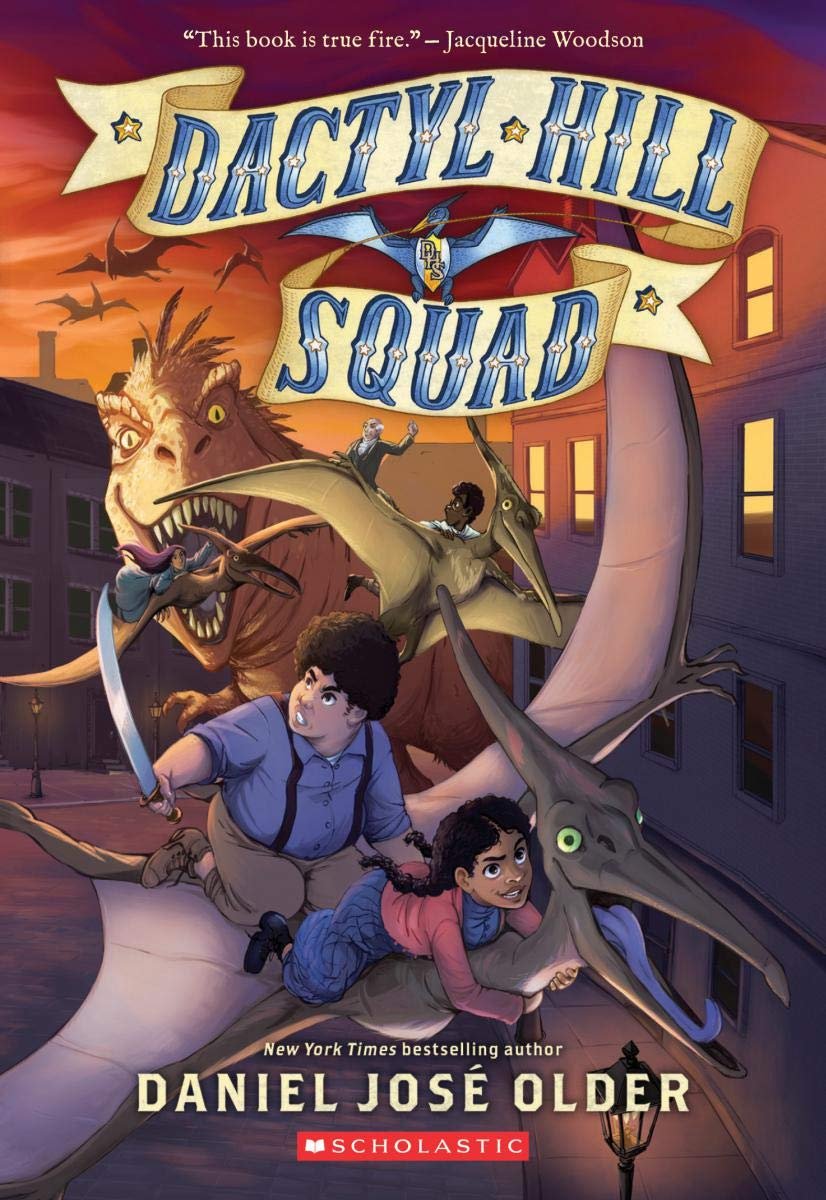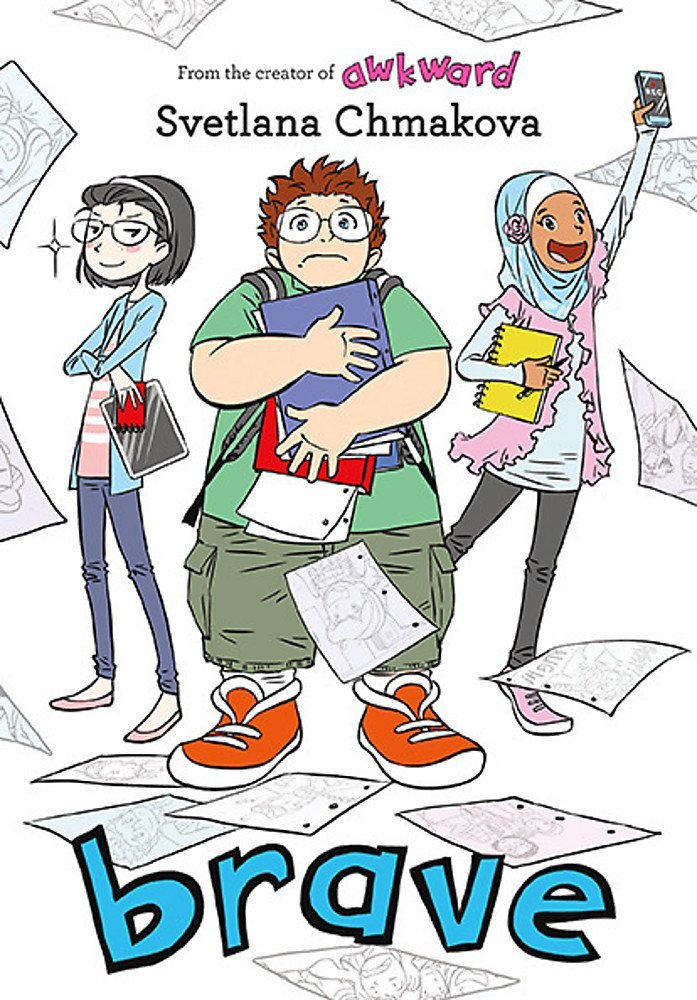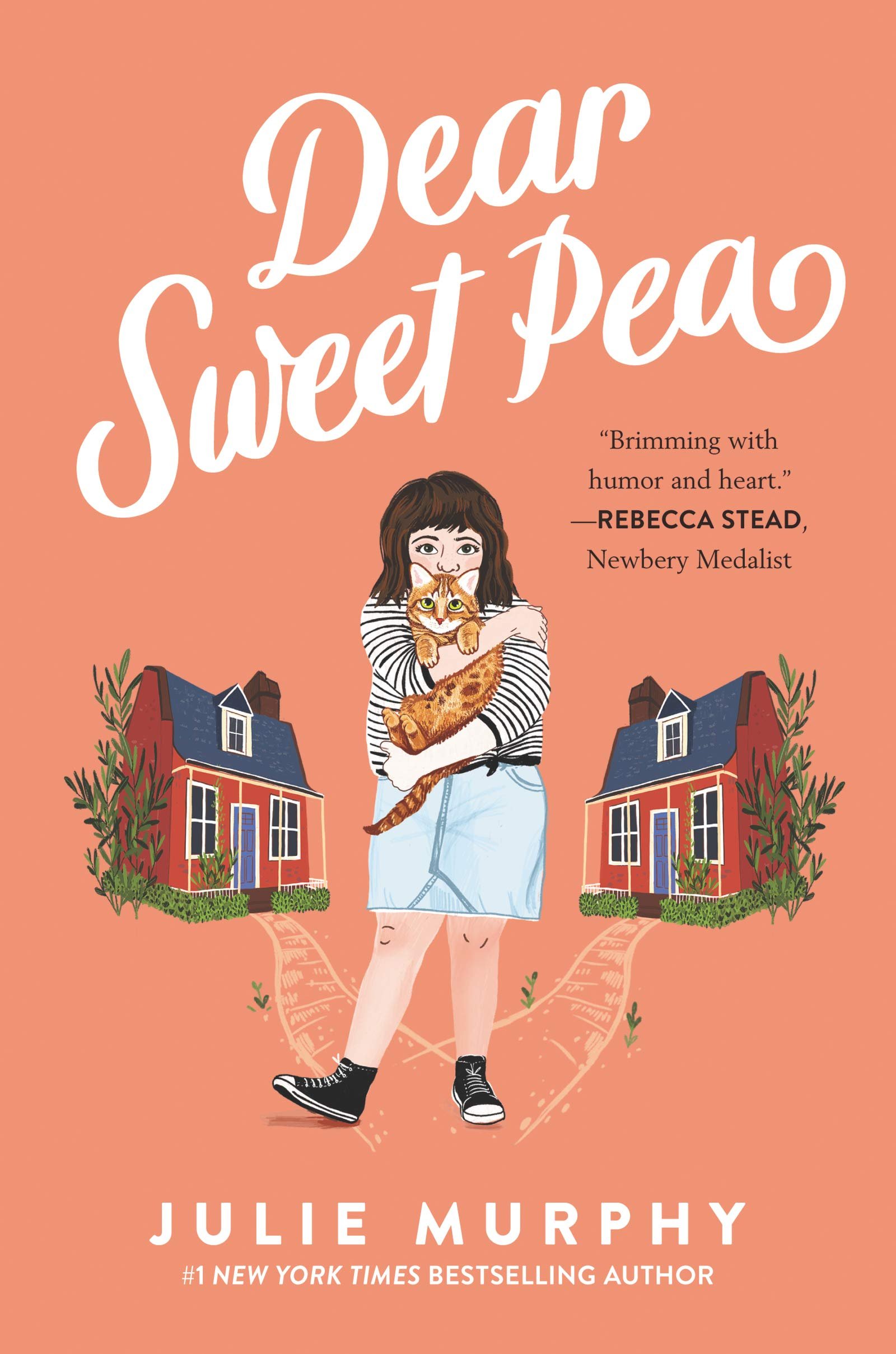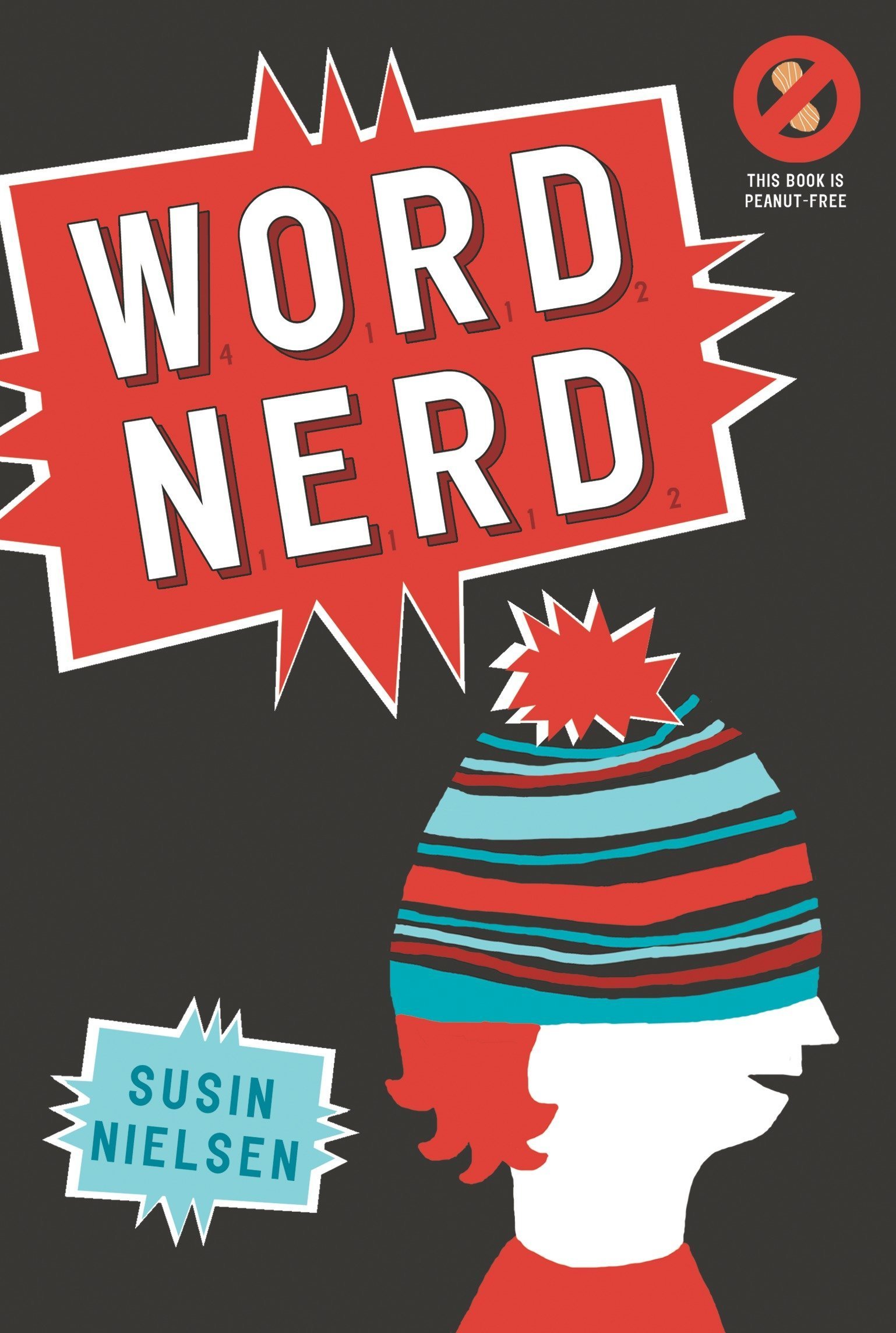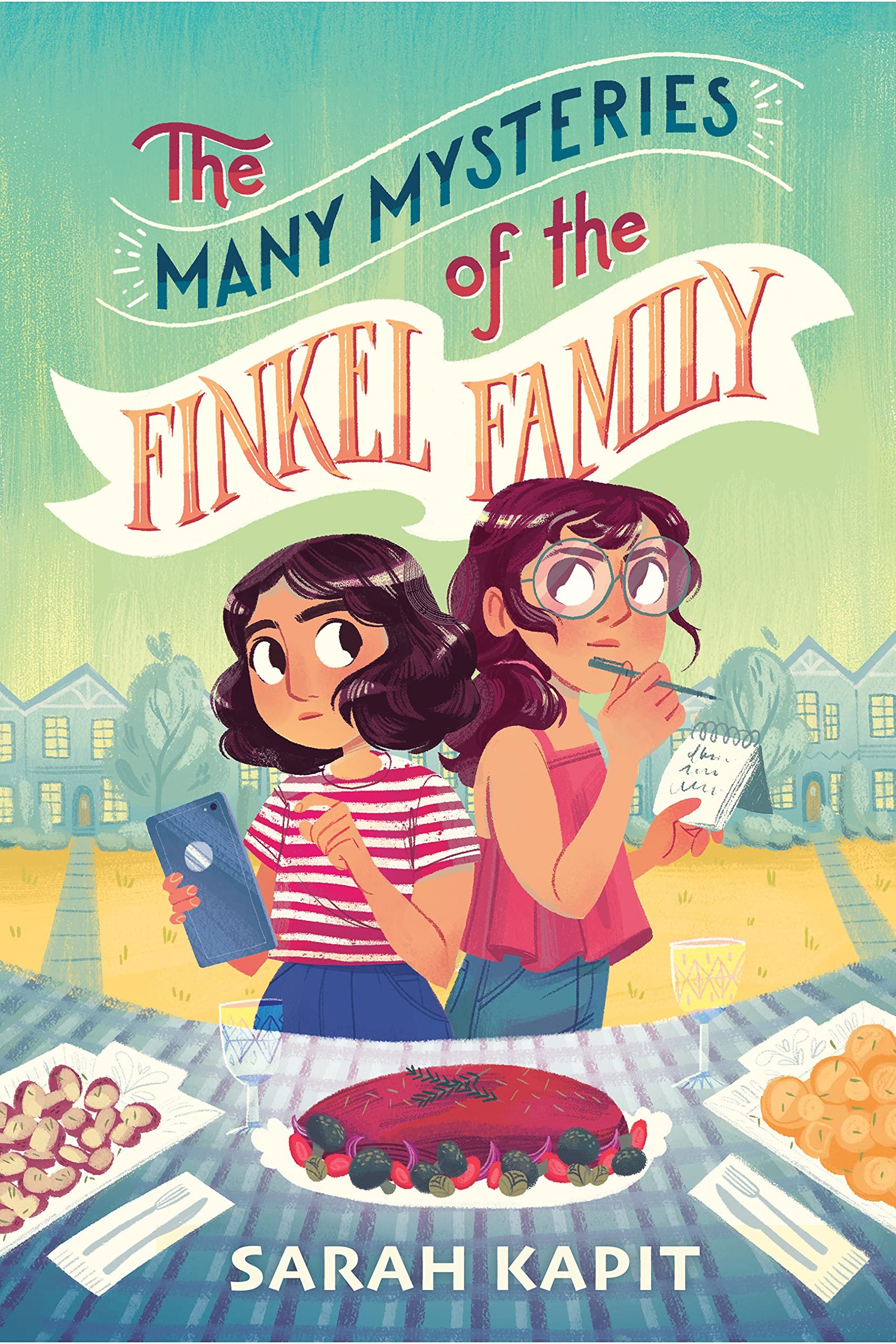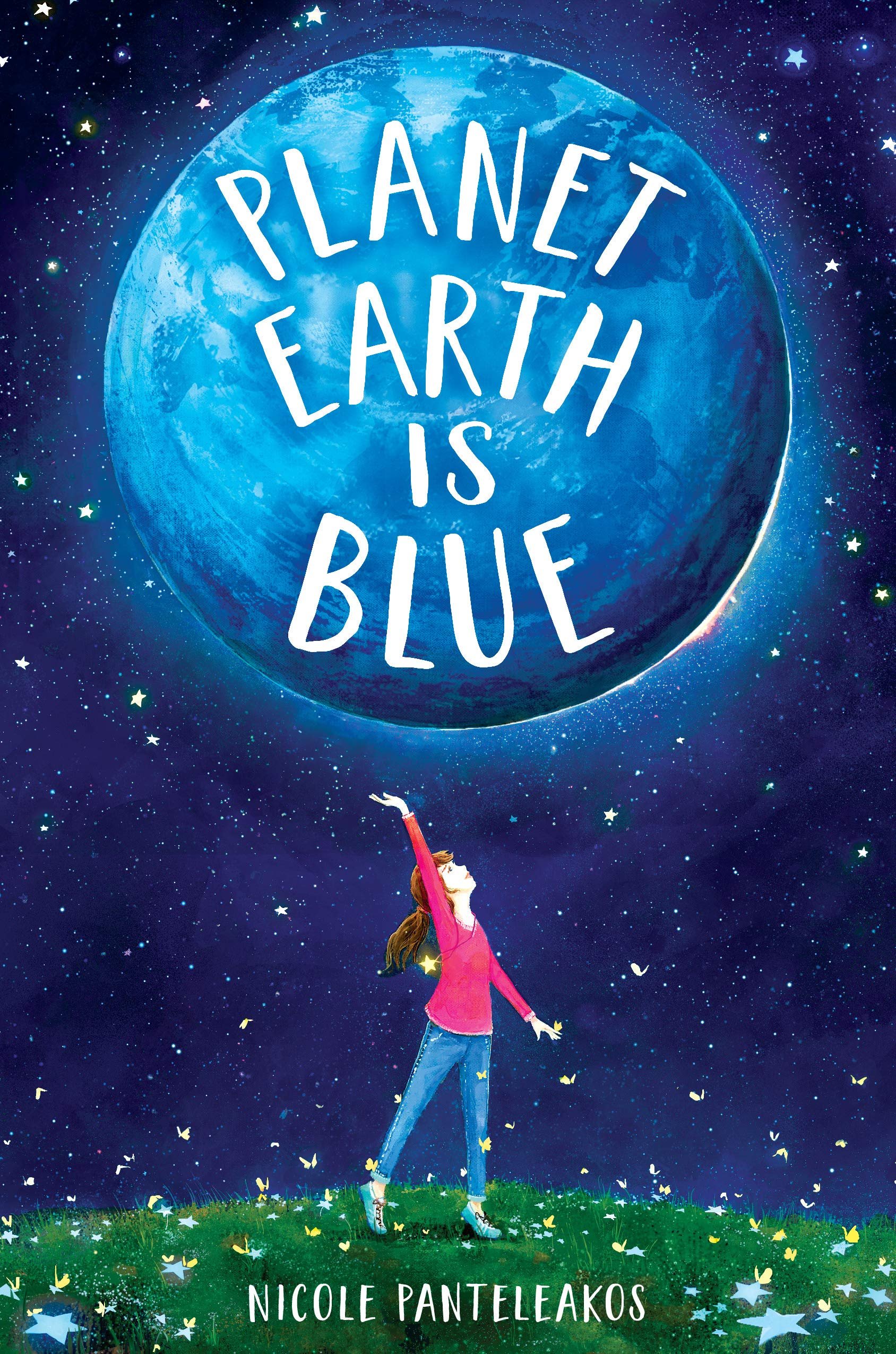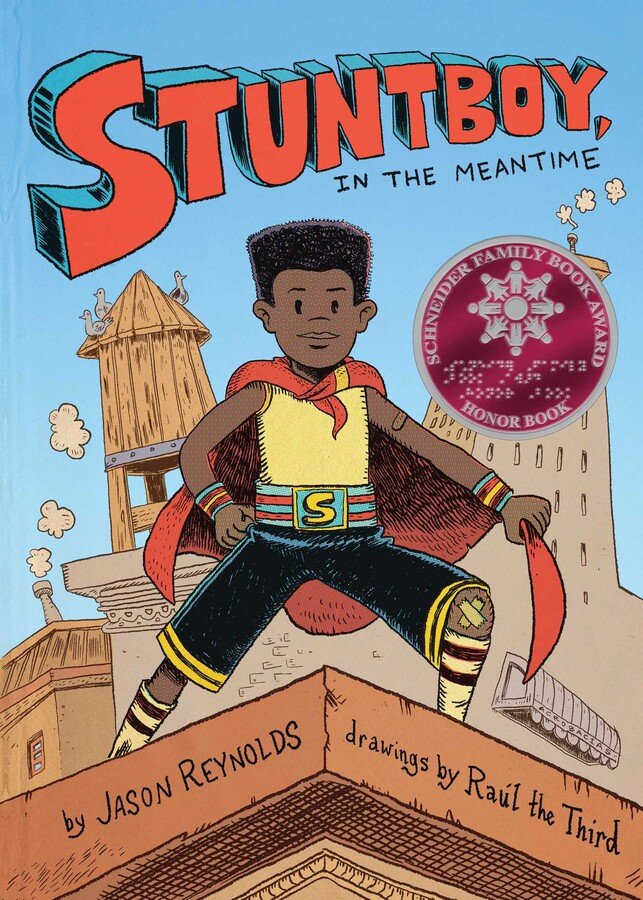Suck it, Cho Chang!: celebrating diversity in middle grade novels
How to build an anti-oppressive kids’ library - Part 4
This is the last part of this series, and I am so hyped for it. The books below cover a wide range of intersectional, diverse lived experiences in middle grade novel format, but they differ from the books in Part 2 of this series in that they are not specifically about experiencing systems of oppression.
In Part 3 - the counterpart to this list but in picture book format - I write a little about why it’s important for diversity on your bookshelves to go beyond depictions of trauma and teaching moments.
I want to go a bit further and emphasize a few things. First, though representation is crucial, it is also true that we won’t representation our way out of oppression and people hating us. But secondly, even though this is the case, representation remains vital because this is how we begin to centre different stories and realities.
We are surrounded by media and literature that dictate cultural norms. Though I grew up in a fairly typical Chinese household in Asia, by the time I was a teenager I could tell you with absolute confidence what an average morning routine looked like for a white kid, or what a typical Christmas celebration in North America might look like in a white household.
By contrast, how much did white kids know about the typical Lunar New Year experience? How much did non-Asian kids know about cooking rice, versus how much I knew about making sandwiches? I joke that if I woke up one day in the body of a random white girl, I think I’d be able to fake it enough to get by. I’ve watched enough movies and read enough magazines to know how to do her hair and makeup and what her family routines are probably like. But I doubt the same would be true for the reverse.
And likewise, until I started seeking out media made by and featuring BIPOC, queer, disabled, fat, poor folks, my worldview was limited by what my media consumption fed me. This diverse content opened my eyes to the nuances, the joys, the challenges, the daily logistics, the variances of all kinds of things outside my own life experience - things like using a hearing aid, wearing a hijab, having curly hair, being multi-racial, taking hormone therapy, living in a car.
And in reading these stories, we champion and amplify marginalized Own Voices authors. Because otherwise what we get are truly shitty crumbs like Cho Chang and Apu, which do the opposite of celebrating diversity. (Btw, if you haven’t seen it, please let me gift you ‘If J.K. Rowling made a Latino character’ on TikTok.) The presence of Own Voices prevents these kinds of stereotyped and tokenized characters. I picked the books on this list carefully to select books whose plot were about adventure, sports, mystery, fantasy, etc. and not specifically bullying and oppression - but the important caveat is that oppression is never actually absent, because that’s how it is in real life. Own Voices stories ensure that the adventures that happen really are true to the character’s identity, because meaningful representation is not just making white characters living white lives suddenly appear racialized with no context.
I said at the start that diverse representation alone is not going to end oppression or enact policy and systemic change. But to invoke Dr. Sims again, the windows that these books provide are critical in creating the empathy and understanding that help move the dial towards this change. I mean, let me be clear: people should care about and value everyone’s humanity even without understanding a single thing about them. Empathy should not be reliant on people having to prove their oppression or humanity.
But widening our worldview is a wonderful thing. Especially for teachers. Every time I learn something new about someone else’s lived experience, I become a better teacher of kids. It's hard to know what you don’t know. By learning from other world views vastly different to our own, we can build more inclusive schools and systems that consider everyone’s needs. We can help a generation of kids grow up without schools being a place of trauma and oppression and harm. And those kids can grow up shattering all kinds of oppressive systems because they have always known they deserve better. And then we’re talking.
And the other truth is: my childhood would have been wildly different if someone had put these books into my hands. Representation validates your reality and makes you feel less alone in your experiences. I am so happy for kids today who might get to see so much more of themselves in the books they and their schoolmates read. And so sad and terrified for kids today who might have books like these yanked out of their hands because of the hatred and misinformation of adults.
Below are some of my favourite middle grade books that portray kids and characters with diverse lived experiences, whether that means racial diversity, diverse bodies, diverse class, abilities, gender expression, and so on, without narratives of trauma. Many of these books are full of joy and cheer and laughs, but others are poignant and beautiful. But they are all tremendous books that put a whole range of different kids at the front and centre of their stories.
I hope you have enjoyed and found value in this blog series. I would love to hear from you about what you loved or what you disagreed with, or what worked or didn’t work in your classroom! And as always, let me know if I’ve missed your favourite from these lists! There’s always room on my TBR pile.
This is Part 3 of a four-part series:
In lieu of describing and gushing over each book, I’m just dropping the covers and links here. Just assume these books are all the best and all a riotously good time. Listed in no particular order!

